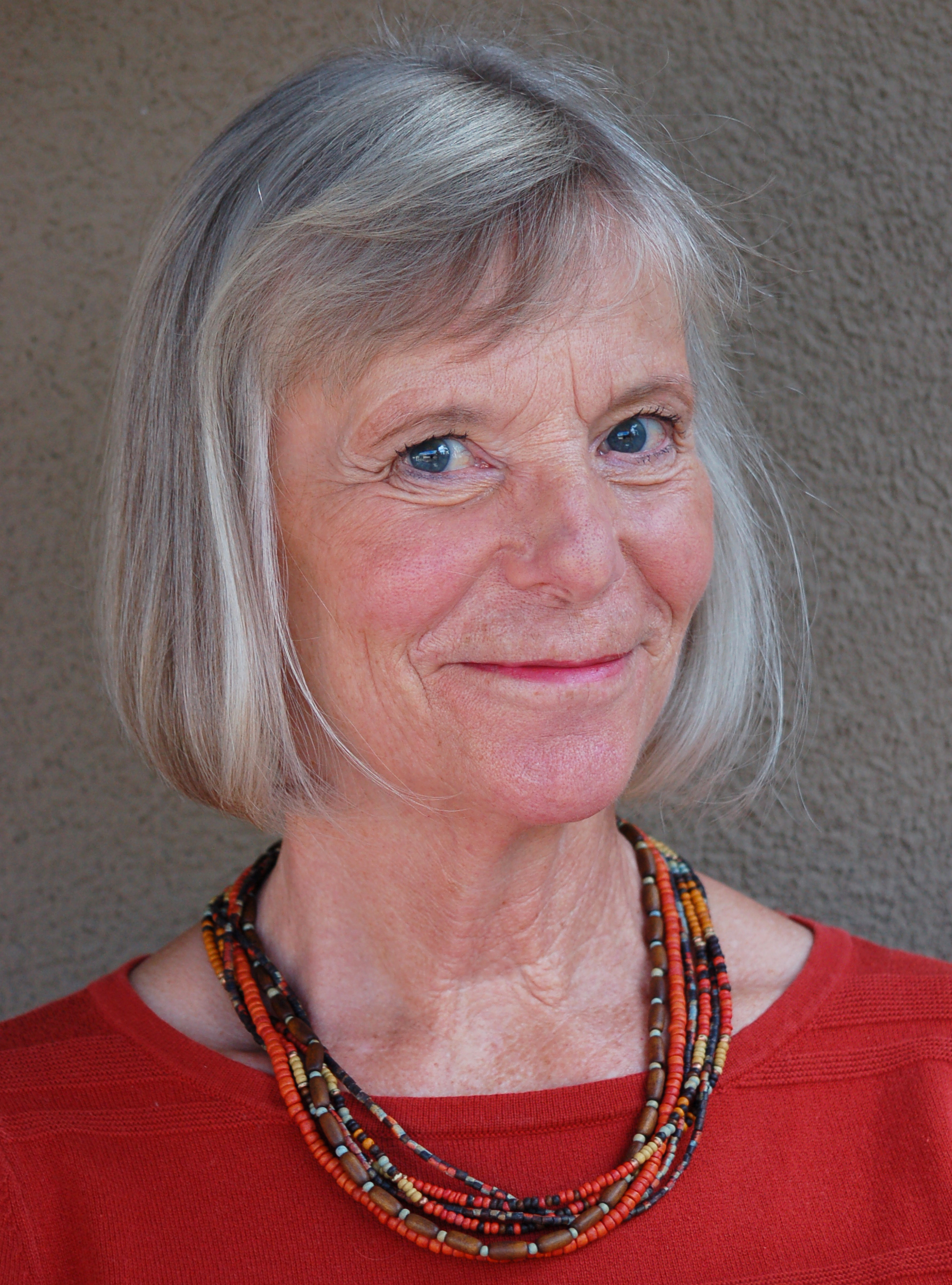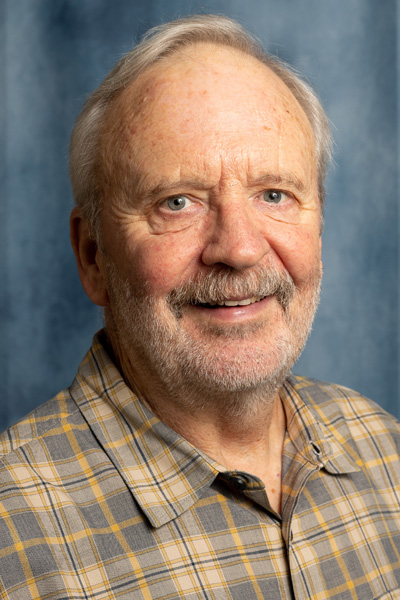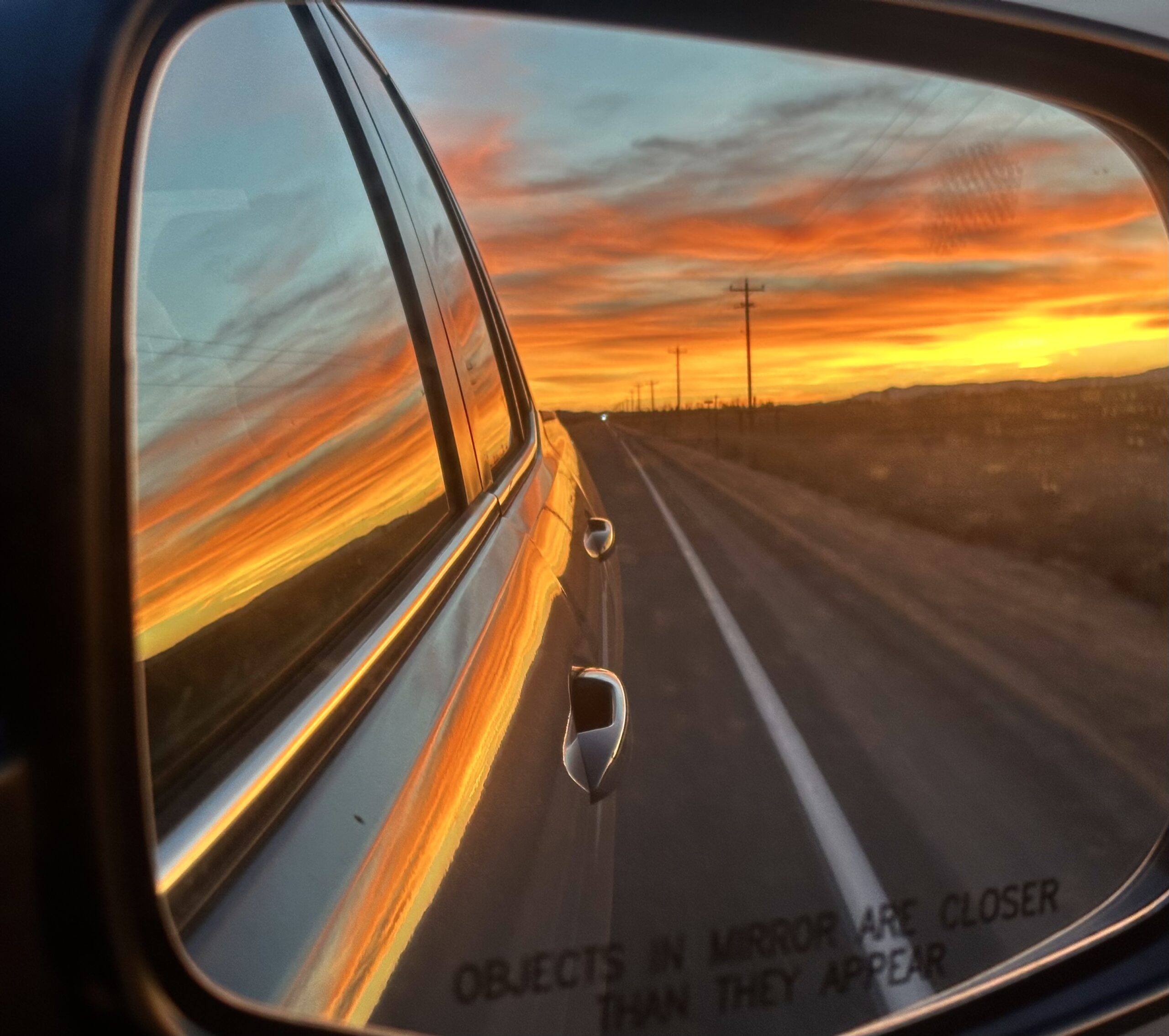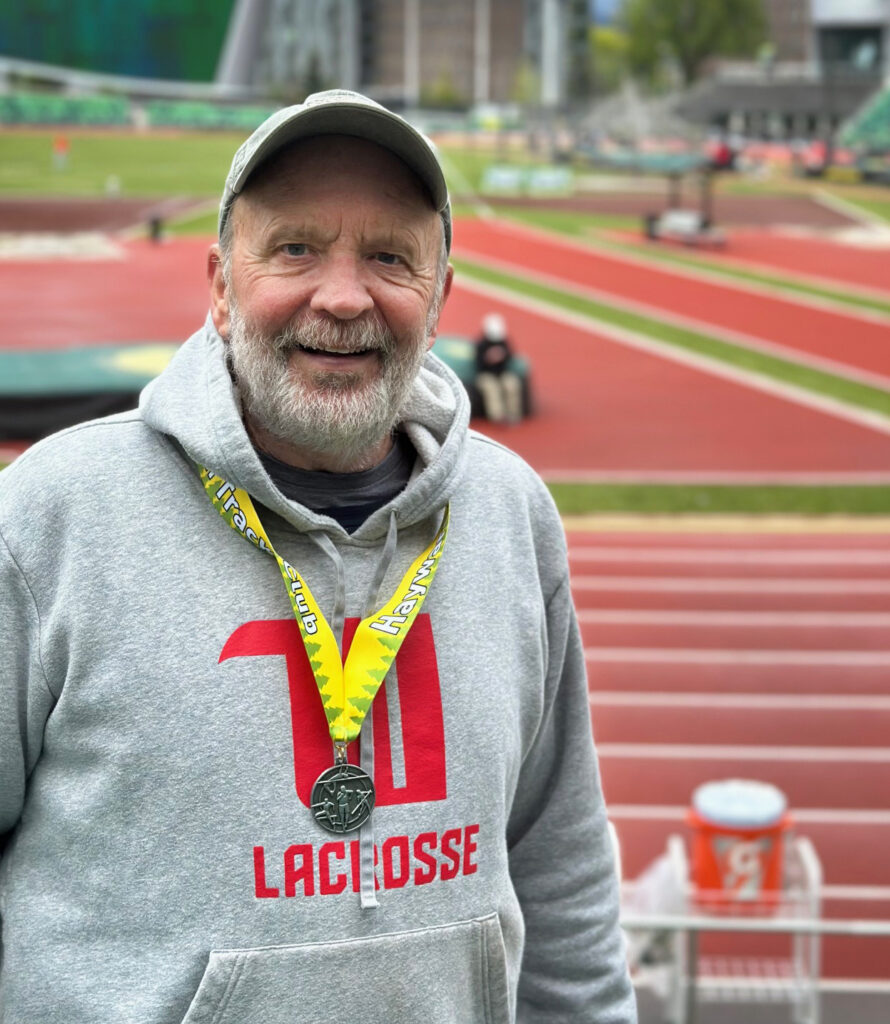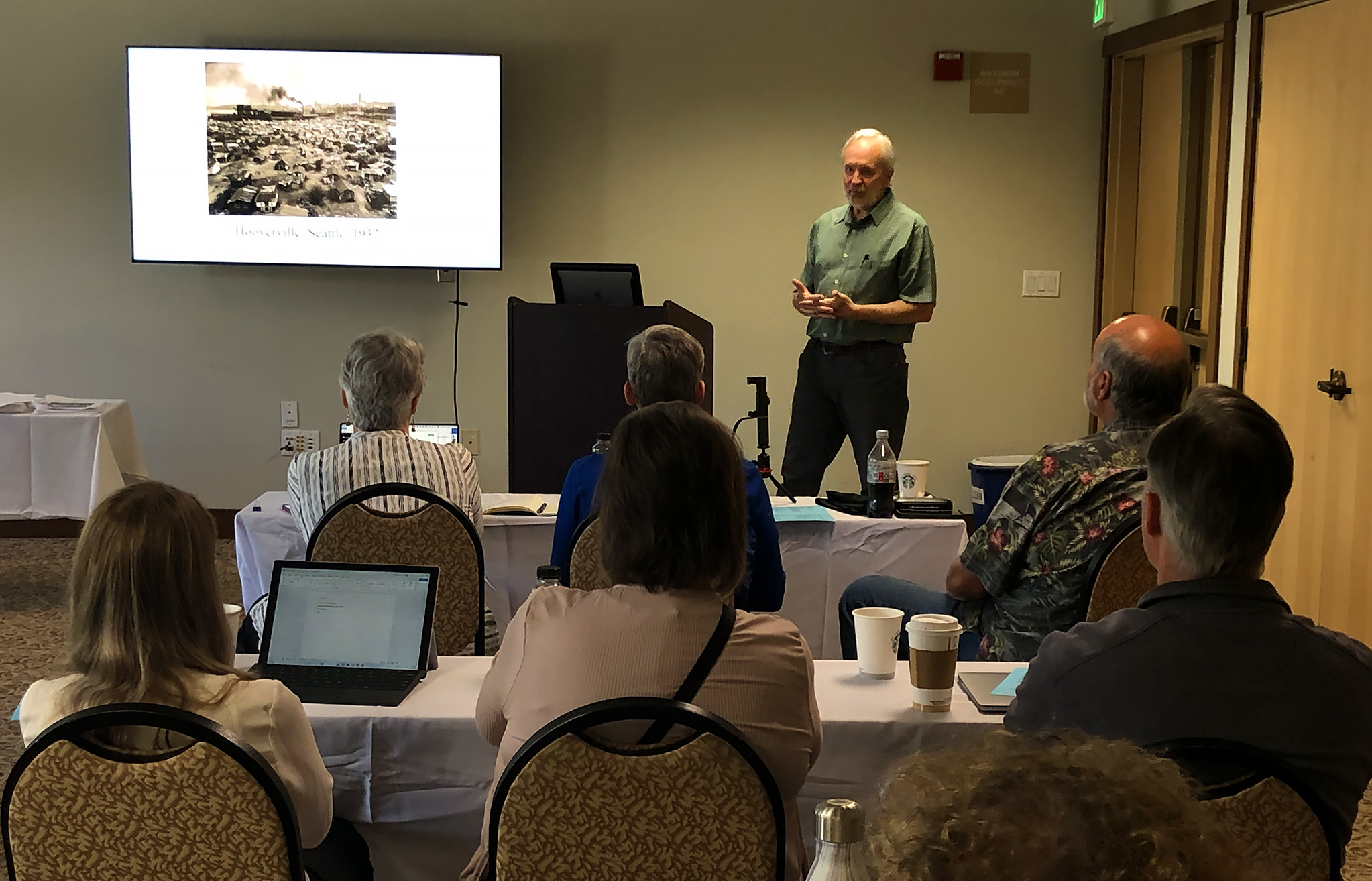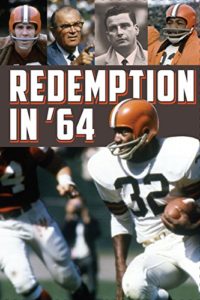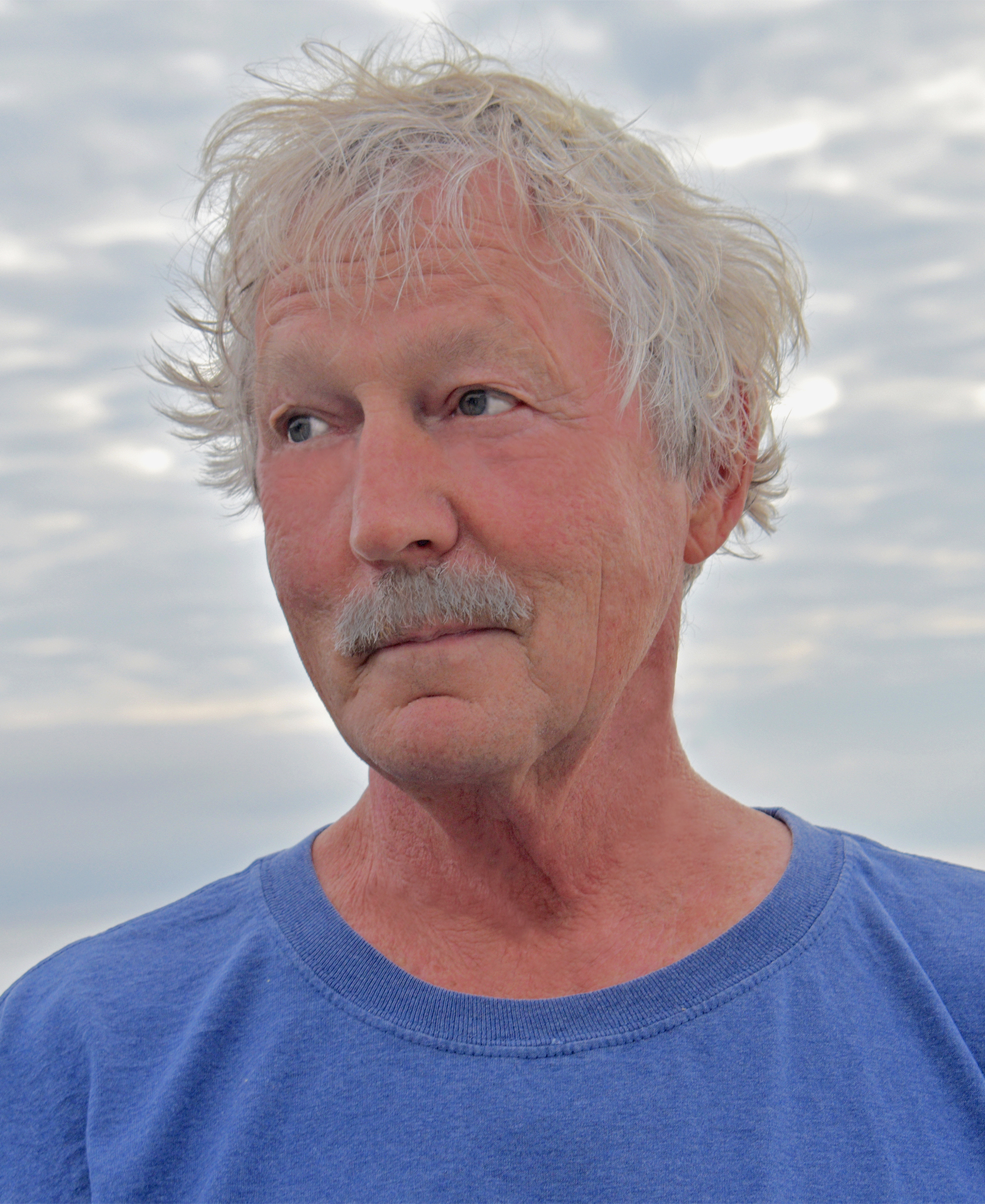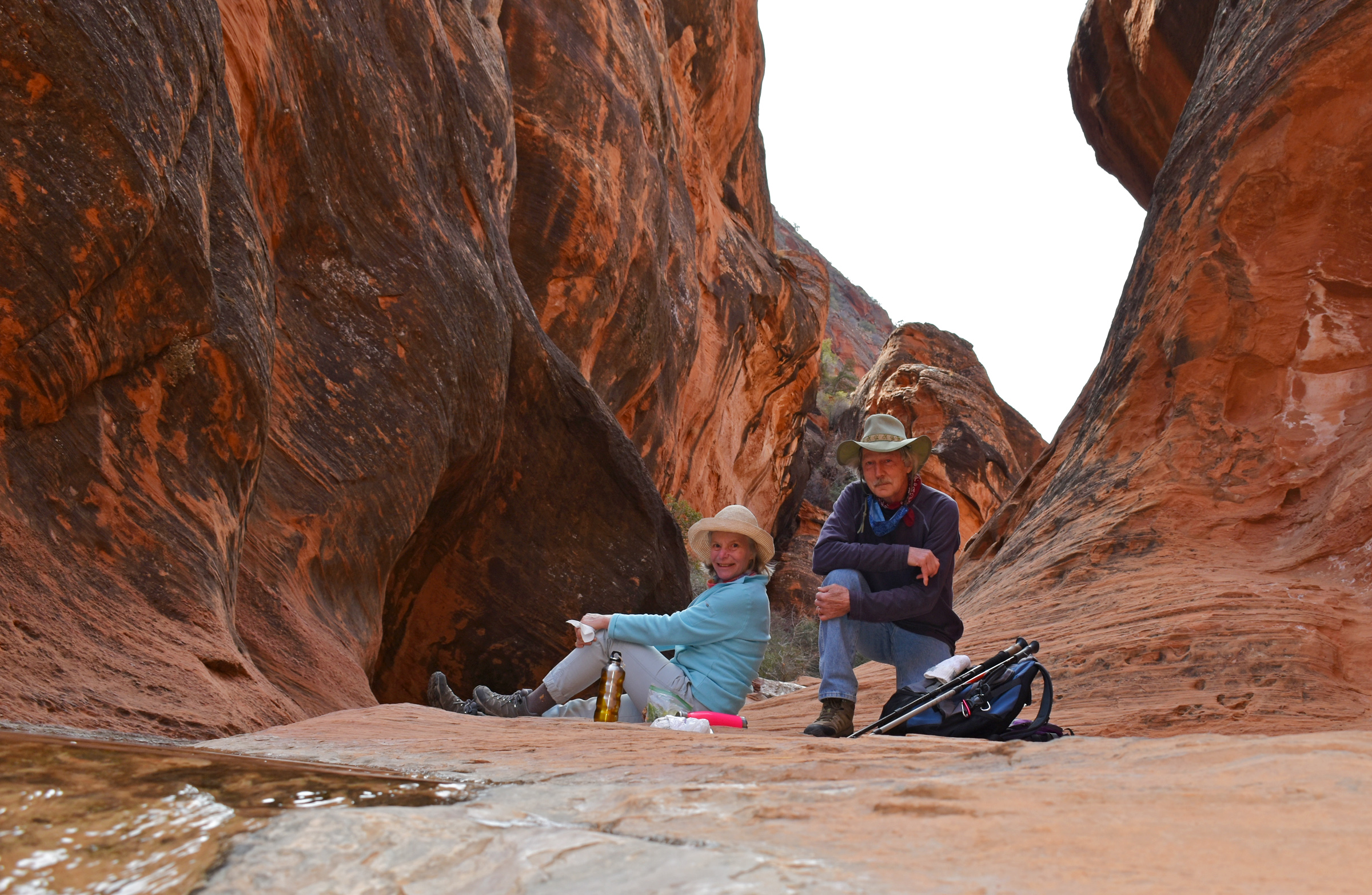Faculty Updates
Joe Gosen, MA
-
I earned my bachelor’s degree in photojournalism 37 years ago, and to say things have changed would be a serious understatement. The way we shoot, edit, and share images today is completely different from when I was in college. But at its heart, photojournalism is still what it’s always been—a powerful way to tell important stories. That’s why it’s been especially tough to see entire photo staffs at places like The Washington Post and the Atlanta Journal-Constitution eliminated. It’s hard not to worry about what that means for the future of visual journalism. Regardless, it’s important to forge ahead, adapt to change and continue documenting our times with purpose.
On a brighter note, I started fall quarter as the faculty advisor for a new university-wide photography and video club created by three of our visual journalism students. (You can read more about it in the alumni newsletter.) I love that they took the initiative to build a space where students can learn from one another, share ideas and support each other’s creative work. That kind of peer community really matters.
I also kicked off a documentary project with Professor Maria McLeod and a Western dance instructor focused on people who use dance to navigate neurological conditions. It’s been inspiring to witness how movement can be such a powerful tool for healing and expression. Thanks to a WWU SJEC grant, I was able to take a course release during winter quarter to focus on filming and editing. I’m especially grateful that local filmmaker Matthew Williams—someone I’ve known for 20 years—stepped in to teach my Digital Media in Journalism (JOUR 370) class while I’ve been deep in post-production. If all goes well, we’re hoping to screen the finished documentary in spring quarter.
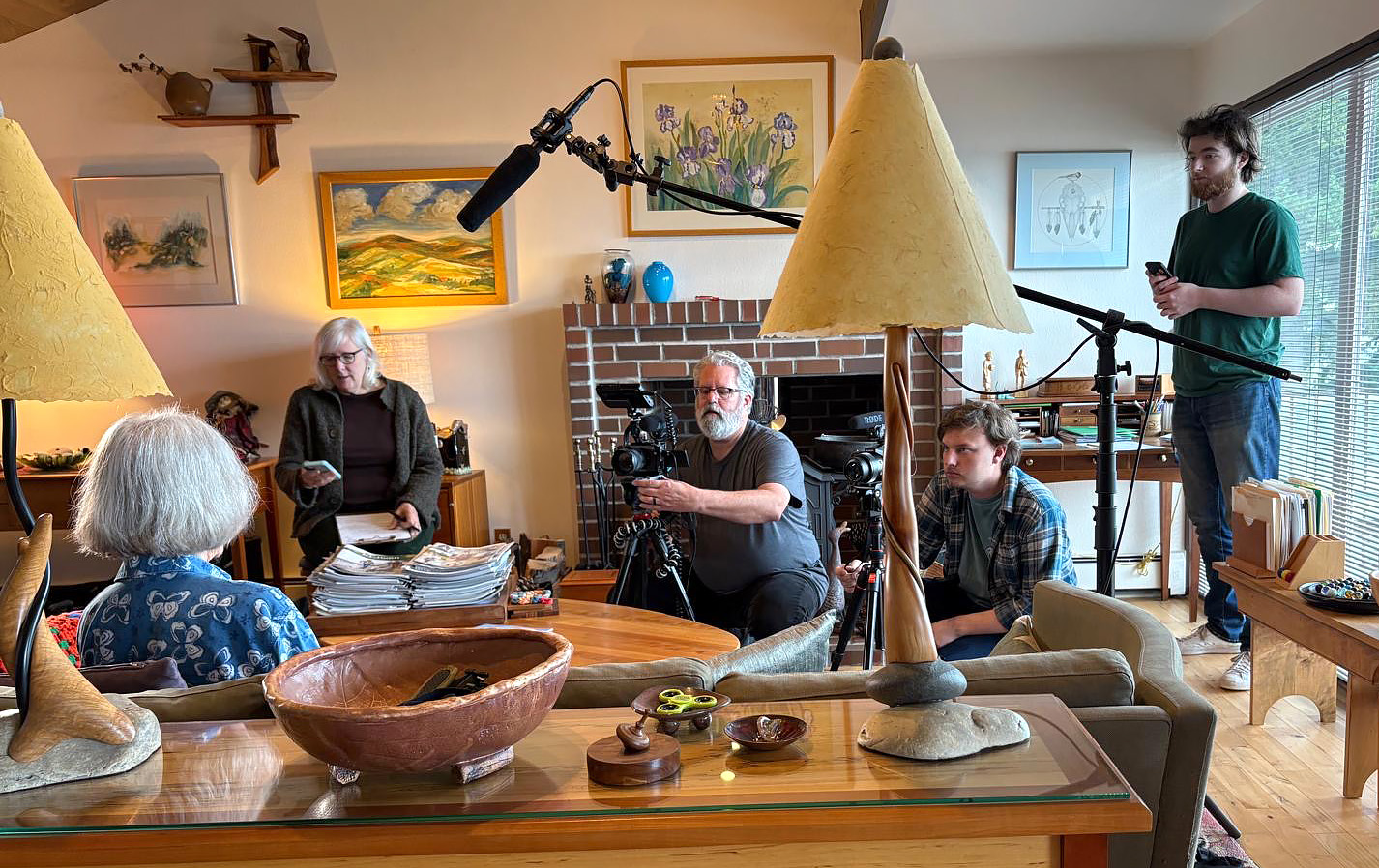
Professors Maria McLeod and Joe Gosen film an interview with assistance from VJ major Ben Stainbrook and PR major Sam Whitney on Oct. 11, 2025. After spring quarter, I’ll be teaming up again with Brian J. Bowe on another grant–funded project. This time, we’ll head to Jordan with two colleagues from the Office of Global Engagement to explore the possibility of building a study abroad partnership with Yarmouk University’s Department of Journalism and Digital Media. It’ll be my first time in Jordan, and I’m looking forward to the experience—especially with Brian’s deep knowledge of the region. To get ready, I’ll also be participating in Western’s COIL Faculty Fellowship this spring to learn more about Collaborative Online International Learning and how we can build meaningful global connections for our students.
Jennifer Keller, EdD
-
Professionally, not much has changed during the past year. I continue to tweak my syllabi for the introductory PR course and case studies. Love how engaged my students are and am excited to see where they go from here. I am so appreciative of our many alumni who take time out of their busy schedules to talk to students in both those classes. A huge thank you!
Speaking of alumni, I had the great fortune to catch up with Sarah Kane when I was in Portland this February. She is an amazing nail artist with her own studio and the Calvin & Hobbes theme (and those Calvin snowmen!) she developed for me (after about 15 years of waiting) is tremendous. She is proof positive that the skills you develop here can enable you to follow any passion you choose to pursue.
Jennifer Keller with Sarah Kane in Portland, Ore., in February 2026. On the personal side, I celebrated my 20th wedding anniversary with Mark this October. Time flies! I also had a wonderful trip last July to visit my sister and nephews in Australia. I highly recommend Perth – particularly in their winter/our summer (unless you really enjoy 100+ temperatures). Please keep in touch and we’d love to see any of you in Bellingham.
Derek Moscato, PhD
-
The past year has brought some new and exciting adventures both inside the classroom and beyond campus. Last winter, motivated by classroom discussion and the encouragement of our esteemed (and recently retired) journalism professor and historian John Harris, I embarked on new research about the history of lacrosse in the Pacific Northwest. The Bellingham Lacrosse Club, which launched in 1904, enjoyed four mostly-glorious years of action playing some of the best teams in the region before vanishing suddenly. Drawing from some colorful accounts in the Bellingham Herald (thanks to Whatcom Museum and archivist Jeff Jewell) and other regional press I learned that lacrosse captivated the Bellingham community, and even rivalled baseball for prominence, before fading away in the early 1900s. It was fun bringing this research to both the Seattle meeting of the Association for Canadian Studies in the United States this past fall, as well as to the pages of the recent issue of Whatcom Historical Quarterly. If you’re interested, the article is called “Canada’s Game in the Northwest Borderlands; The Bellingham Lacrosse Club’s Sport Diplomacy, 1904-1908.”
That focus on borderlands also brought me down to Seattle in March for the annual meeting of the Association for Borderlands Studies. While there, I was able to join my collaborators from WWU’s Border Policy Research Institute and the University of Texas at El Paso to discuss media coverage of the 2024 U.S. election in Canada, Mexico, and the U.S. Our recent visual journalism graduate Eli Voorhies also presented innovative borderlands media research developed in senior media research seminar, and he was introduced at ABS by none other than Don Alper, the founder of the Border Policy Research Institute and a longtime champion of Canadian studies at Western.
A faculty/student delegation from Western Washington University attended the Association for Borderlands Studies conference in March 2025. From left, Laurie Trautman (Border Policy Research Institute Director), Derek Moscato, WWU Professor Emeritus Don Alper, and WWU Journalism graduate Eli Voorhies. Speaking of our neighbors to the north, I was thrilled to teach the Canadian-American Media Systems class to Western students in the spring. As a collaboration between the Department of Journalism and the Center for Canadian-American Studies, the class examines cross-border journalism and broadcasting, media policy, and cultural flows including music and film. Our spring class concluded with a visit to the British Columbia headquarters of the Canadian Broadcasting Corporation (CBC), where students had the opportunity to contemplate news production up north, French-language broadcasting, and even the state of U.S.-Canada relations. Afterwards, we embarked on my first (but hopefully not last) Hollywood North walking tour through the streets of downtown Vancouver, where I did my best impression of a real tour guide. I’m hoping to replicate this one in the years ahead.
Students from the Canadian-American Media Systems class visited the B.C. headquarters of the Canadian Broadcasting Corporation during spring quarter 2025. To follow-up the CBC visit, Moscato led a Hollywood North walking tour through the streets of downtown Vancouver. Quality time was spent more recently in another archive, this time as part of the WWU James W. Scott Regional Research Fellowship at the Center for Pacific Northwest Studies. I’ve been learning about the legacy of the Whatcom County Nuclear Arms Freeze. During the early 1980s, public fears over nuclear weaponry reached new heights internationally and in Bellingham. Cold War politics, pitting the United States against the Soviet Union, raised unprecedented fears about the devastating consequences of nuclear conflict between the two countries. The Whatcom Nuclear Arms Freeze, itself the local dimension of a national movement that was spreading across the United States and Canada, proved to be a public advocacy force, as it integrated strategic communication, media relations, and organizing savvy to mobilize the local public against the build-up of nuclear arms. The way that folks from across Whatcom County, including Western’s campus, came together to support each other and the planet leaves me both hopeful for this region and also energized for the possibilities of environmental media in the years ahead.
Maria McLeod, MFA
-
Hello, wonderful alumni. Thanks for checking in. I appreciate the post-graduation network of journalism alumni who support our department and the current students coming up the ranks. We have, again, a dedicated and talented cohort that makes my entering the classroom a pleasure each and every day.
Since my last newsletter update, I’ve been busy with new projects and wrapping up some long-standing work. After serving as the chair of the Scholars Week Planning Committee since 2019, I gave up my position at the end of last academic year, having achieved the highest level of participation since Scholars Week first began. I was invited by Provost Johnson to present to our Board of Trustees on the history and value of Scholars Week, which celebrated its 25-year anniversary last year. It has certainly been enjoyable (and sometimes sweat inducing) to have practiced PR on my home turf as I promoted Scholars Week to campus and the surrounding community. It’s also been great fun to include students in my Advance PR Writing & Techniques course in the process of planning, executing and evaluating the week’s events. As for the alumni who’ve worked with me on Scholars Week as student staff — Elias Olson, Chauncey Gummere, and Kumiko Juker — their boots-on-the-ground commitment and labor looms large in my memory as essential to our success.
More recently, I completed teaching my first Honors College course, “Earth Tones: Environmental Oral History.” Teaching non-journalism students how to prepare for and conduct in-depth interviews on the topic of pressing environmental issues turned out to be a terrific way to kick off fall quarter. As a result, 15 amazing interviews on topics ranging from recycling challenges in Whatcom County to Nooksack River water rights adjudication will soon be made available to the public as part of Western’s Center for Pacific Northwest Studies Archives and Special Collections. Hurray!
At present, I’m working with two of my favorite people, Journalism Professor Joe Gosen and Dance Department Senior Instructor Pam Kuntz, to produce a mini documentary, resulting from a WWU SJEC grant we were awarded last spring. The topic, and working title, is “Disability and Dance: A mini-documentary challenging preconceptions about dance and neurological conditions.” Ultimately, the goal of this documentary is to provide an edifying counter narrative to hegemonic discourse that conceives of mobility, especially dance, as the privilege of the able bodied. We hope to complete the documentary this spring.
Lastly, after teaching Introduction to Mass Media for more than a decade, I’ve been asked to also teach it as an Honors Course next year. I’m excited to see what may result when a smaller class size allows more students the opportunity to participate in discussion and perhaps present on topics of interest.
Phew! That’s enough for now. Please don’t hesitate to drop me a line to let me know what you’ve been up to. I’m always happy to hear how our former students are doing in the world. And if you’d be up for visiting a class to depart some wisdom to current students, let me know.
Betsy O'Donovan, MPhil
-
Hello, all.
First thing: If you’re reading this and we haven’t checked in recently, I’m curious about what you’re up to, how you’re doing, and whether you have what you need to get wherever you’re going next. Touch base when you can: odonove@wwu.edu still works and I’d love to hear from you. (Despite the glacial speed of my responses when the academic year is attacking on all fronts.)
It’s been a busy, fun, thought-provoking year. I got to head to Dublin in December to research how Irish book publishers and literary magazines are dealing with the rise of large language models and other AI (“skeptically” is one answer), and found a new favorite place to hang out and work. (The Cake Cafe joins The International Bar as best hangouts in the city my Irish friends call “The Big Smoke.”)
While I was off doing that, Jeff Shaw (husband, next-office neighbor, award-collecting Planet adviser) was in London to do some research about how newspapers wrote about the suffragettes who used jiu-jitsu to defend Emmaline Pankhurst from police raids and angry mobs. I’m a little jealous, frankly, because what a fun project — but I also got to work with Jeff on a paper about American newspaper coverage of jiu-jitsu from 1904-1906, when it first hit our shores and became popular as a way for women to combat street “mashers,” or harassers; that’s coming out from the Journal of 20th Century Media History. If you like great stories about politics, history, and sports, Jeff’s recent projects have been super fun to read. For one thing, he will make you look at the “Sister Suffragette” number from “Mary Poppins” in a whole new light.
After we got done with interviews and archives, we met up in Edinburgh, Scotland, for Christmas (recommended places there: Typewronger Books, I.J. Mellis Artisanal Scottish Cheese Shop (yes, I am mocking myself for typing that, but cheese), the Greyfriars Bobby statue) because why not go even farther north than Bellingham during the dark winter months? (Kidding. It was my first trip there and magical for anyone with a drop of imagination.)
It’s been a travel-heavy year, honestly; I did my first feature reporting trip in quite a while when I went to QuiltCon in Raleigh, North Carolina, last month, to work on a story about how the (mostly) women who love this quintessential American art are using it to comment on our political moment and speak back to the federal government. I’m still drafting (and revising and revising and revising), and it’s torturous fun to be back at my desk, doing the work that I ask students to tackle in feature writing.
Speaking of teaching: My freshest news (as of, literally, yesterday) is that I am the 2026 recipient of the Peter J. Elich Excellence in Teaching Award, and I feel like I owe everyone who’s ever taken a class with me a lot of thanks for joining in on teaching experiments, intense conversations with classmates, and great, clear feedback about how to level up. (As you might know, though, I think everything can always be improved, so the experiments will continue.) It’s the first time the journalism department has brought one home (I predict not the last), and it comes with a literal medal. It’s not weird to wear that on the first day of class, right?
There’s lots more going on, as I suspect there is with all of you, and I wasn’t kidding at the top (that’s why I put it in the lede): Check in when you can, not just when you have good news. We’re here, interested, have a lot of tips about how to travel on a tight budget, and we’d love to know what you’re doing, wherever and whatever that might be.
Fondly,
Betsy O’Donovan
Adjunct Faculty Updates
Kie Relyea
Jeff Shaw
-
There’s no evidence that Søren Kierkegaard was talking about 2025 when he said “life can only be understood backwards, but it must be lived forwards.” It would, however, explain a lot. I am only beginning to comprehend all that went on in 2025, and pulling together this update has helped with that.
Many of the best moments from last year involved The Planet, Western’s student environmental magazine. I serve as The Planet’s adviser, and in 2025 the magazine won the Society of Professional Journalists national first place award for Best Ongoing Student Magazine in the country at the 2025 Mark of Excellence Awards. The student editorial team worked extremely hard, and it’s gratifying to see their hard work pay off.
Josh Maritz, left, Tori Lehman, Julia Hawkins, Avery Robertson and Kylie Miller display some of The Planet’s awards from the Society of Professional Journalists for 2025, including the award for best ongoing national student publication. It was also a landmark year for my own academic work: I published two peer-reviewed papers during 2025 and presented work at five conferences in Bangkok, Melbourne, London, Cambridge and Philadelphia.
One of those peer-reviewed papers is about Theodore Roosevelt and jiu-jitsu. It focuses on the American president’s influential role in spreading Japanese martial arts, and I’m talking with the Theodore Roosevelt Center at Dickinson State University about collaborating on an event.
After my presentation at the 8th International Conference on Gender and Sexuality in Bangkok, Thailand. I presented about women using jiu-jitsu to fight for voting rights and combat street harassment in the early 20th century. It’s also wonderful to publish some scholarship with my favorite person. I love all my colleagues, of course, but Betsy O’Donovan and I published together in the Journal of 20th Century Media History, where we examine press coverage of martial arts from 1900-1906, a pivotal period where jiu-jitsu and judo came to the United States.
As non-tenured faculty, I deeply appreciate the opportunity to do this type of research and the university’s support for it. Now more than ever, scholarship matters, and it’s a privilege to expand human knowledge in a way that can help us understand the historical moment we’re in.
I’ll say a little more about why I think that’s important in a moment, but let’s talk about this term first. As usual, I’m teaching and advising the Planet. Instead of my regular journalism classes, though, I’m teaching an Honors Seminar in winter quarter: It’s about the history and evolution of martial arts, and how fight culture is shaped by social forces. We talk about the battlefields of Sekigahara in Japan at the dawn of the 17th century, about St. Andrew’s Hall in Glasgow, Scotland, in 1914, and the Berlin Olympics on the cusp of the Second World War. At each of these places, watershed historical events transformed entire societies — a conflict that brought Japan out of feudalism, a movement that helped British women win the vote, a sporting event that staged the battle lines against fascism — and martial arts played a critical role each time.
At the British National Archive in London, researching suffragists’ use of jiu-jitsu. I’m grateful to Western’s Office of Research and Sponsored Programs for the mini-grant I received this year. It allowed me to travel to the British National Archive, where I examined fascinating documents related to the suffragettes in England at the turn of the last century and how they used jiu-jitsu to fight (literally) for voting rights. This research informs the class, and is fuel for future papers.
When I posted about this class, the response from people all around the world was inspiring. I developed an online version of class, too.
Aside from being an avid practitioner of the art, I’m doing that all for one simple reason: Understanding jiu-jitsu is important.
I’m talking about the martial art itself, of course, but also the social forces that surround it, that shape it and are shaped by it in turn. With the Ultimate Fighting Championship — a multi-billion-dollar business founded by jiu-jitsu athletes — hosting a card at the White House for the country’s 250th anniversary, these issues could not be more timely.
Besides academic courses, I’ve also been teaching jiu-jitsu around the country, including right here in Bellingham. Alongside some friends from Bellingham BJJ, I did a free self-defense workshop for the LGBTQ Center at Western, and another free jiu-jitsu workshop for military veterans and their families. We took that show on the road to do a free self-defense seminar for Planned Parenthood activists at Auburn University. My friend Pete McGregor, who is one of the world’s foremost experts on adaptive grappling and martial arts for people with disabilities, will come to campus for a panel discussion and workshop with the Institute for Critical Disability Studies on Jan. 20.
Teaching a jiu-jitsu seminar at Combat Arts Academy in Seattle. We did a series of free events featuring LGBTQ+ martial artists, including self-workshops.
In addition to these community events, I also taught two jiu-jitsu seminars at martial arts schools in Seattle, and I’m headed to Louisville, Kentucky in April to teach another. It’s also been a busy year of media appearances in the jiu-jitsu community. I’m a regular on the BJJ Mental Models podcast, and appeared on two other martial arts podcasts (Rise to Thrive and Business of Jiu-Jitsu) to talk about my academic work on identity formation. A group of friends and I also launched the Fighting Matters podcast, where we talk about how politics interfaces with the combative arts.
One final note: One of the best things I’ve done with my life is help found the Women’s Debate Institute, a non-profit academic debate camp that just marked its 25th anniversary.WDI offers free, high-quality debate education to young women from around the world, and promotes a more gender-inclusive environment designed to advance educational and professional opportunities for debaters.
Watching this camp, which was founded right here in Bellingham, grow into an international phenomenon that has served thousands of young leaders is more than a dream come true. It’s the kind of thing – to come back to my man Kierkegaard – that you can understand only in retrospect.
You can always be grateful, though. Kierkegaard didn’t say anything about that. I’m grateful for everyone who keeps our department running (Colleen and Jennifer!), for everyone who has supported the projects I wrote about, for all the folks who have taken my classes, and to you, for reading this. May 2026 be better than 2025.
Scott Terrell
-
When I retired from The Skagit Valley Herald in March 2019, I was gifted a book, “Modern Cider,” by Emma Christensen. It sat on my bookshelf, collecting bookshelf dust for 4 ½ years.
In late September 2023, I joined a group of volunteers in helping Gary Moulton, a fruit garden manager and grower, harvest his perry pears. Perry pears are the pear equivalent of cider apples. And perry is basically pear cider.
We picked around three bins (2500 pounds) of the Hendre Huffcap pears by lunchtime and sat down for some pizza. Gary and another individual broke out a couple bottles of chilled perry and cider. The pizza was satisfying, but the beverages were eye-opening: clear, crisp, fizzy, dry tasting, with a hint of fruit, teasing the tastebuds and tempting the nose.
A few days later, I grabbed “Modern Cider” off the shelf and dug in. Turns out the book is a well-written “how-to,” describing the basics of making cider, the equipment needed, followed by several recipes and variations on cider and other fruity delightful beverages.
Cider making requires some basic equipment. Fortunately, there is a brewing supply business, Northwest Brewers Supply, in Burlington, Washington, 10 minutes from my home in Bow.
Three years in, I’m getting the hang of it. Making cider is legal in all 50 states. Most limit it to 100 gallons a year. I’m in the 5-to-6-gallon range. My concoctions are combinations of juiced apples: usually a combination of apples that are sweet, sharp (acidic) and tannic (their pucker factor). I keep notes on what varieties I use, the percentages of each variety per batch, the alcohol percentage and what dates I press, ferment, and bottle. That goes for the yeast as well. There are dozens of yeast varieties with names like Nottingham Ale, Safcider champagne, White Labs WLP775.
The juice comes from my big backyard fruit orchard. I grow mostly apples, plus several varieties of pears, and plums and berries as well. Any student who has taken a fall newswriting or photo-j class from me has tasted some of the apples I grow, because I often bring a couple dozen to class.
Ah, yes. The apple orchard. That’s another story.
Emeritus Faculty Updates
Carolyn Dale, MA
John Harris, PhD
-
On the road toward the next adventure. // Photo by John Harris Western’s in the side mirror for me now. I’ve been on the road much of the time since retiring after winter quarter of 2025. I’ve hiked in Utah, Montana, Oregon, Idaho and closer to home in the North Cascades. I’m blessed to have a like-minded group of retirees, and even some people still working, when it comes to exploring the outdoors.
I also spent six weeks in Mexico in November and December, including three weeks at a Spanish-language immersion institute in Puebla. Trying to learn the language was worthwhile, but being immersed in the city’s culture and history was even more rewarding.
Not sure what the future will bring. As the song goes, “I drift with the wind.” But I’ll always take with me the wonderful people and great experiences from my time at Western.
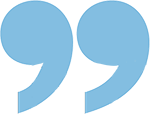
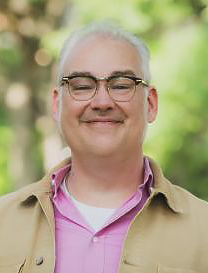
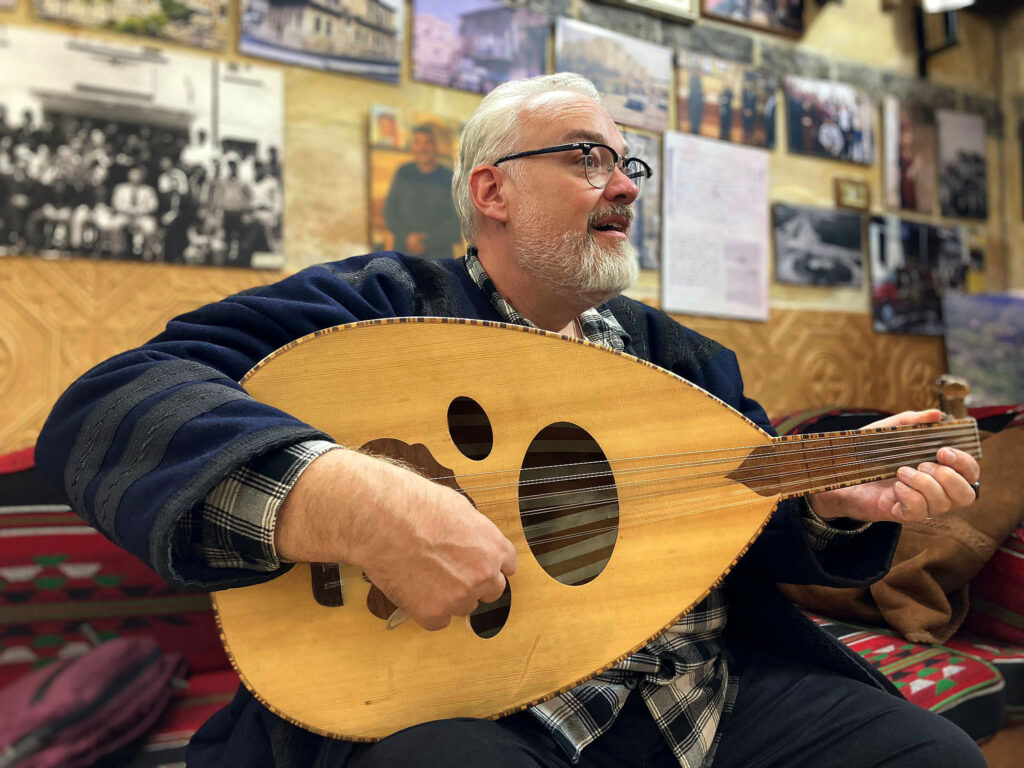
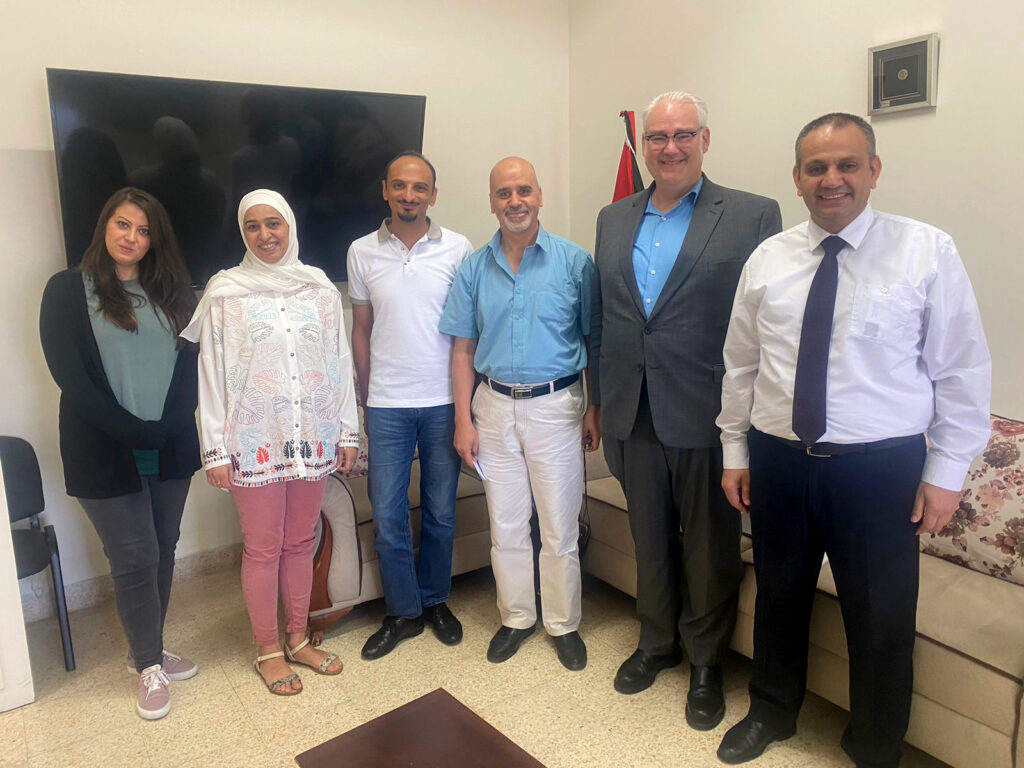
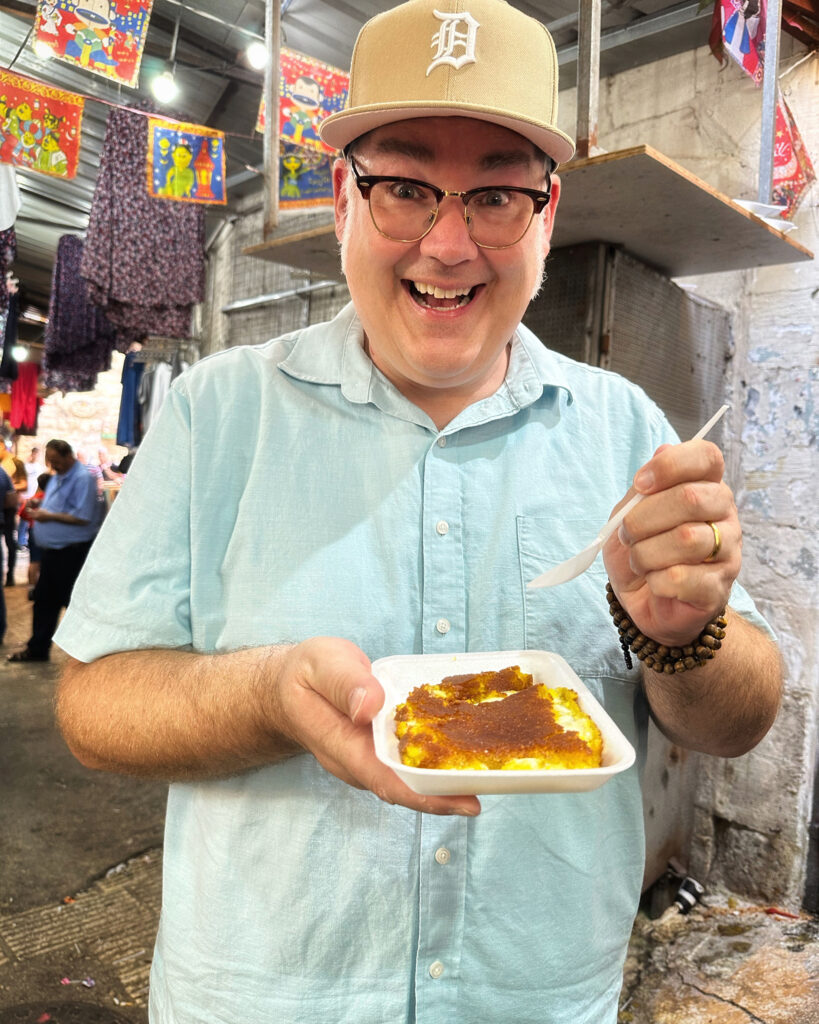
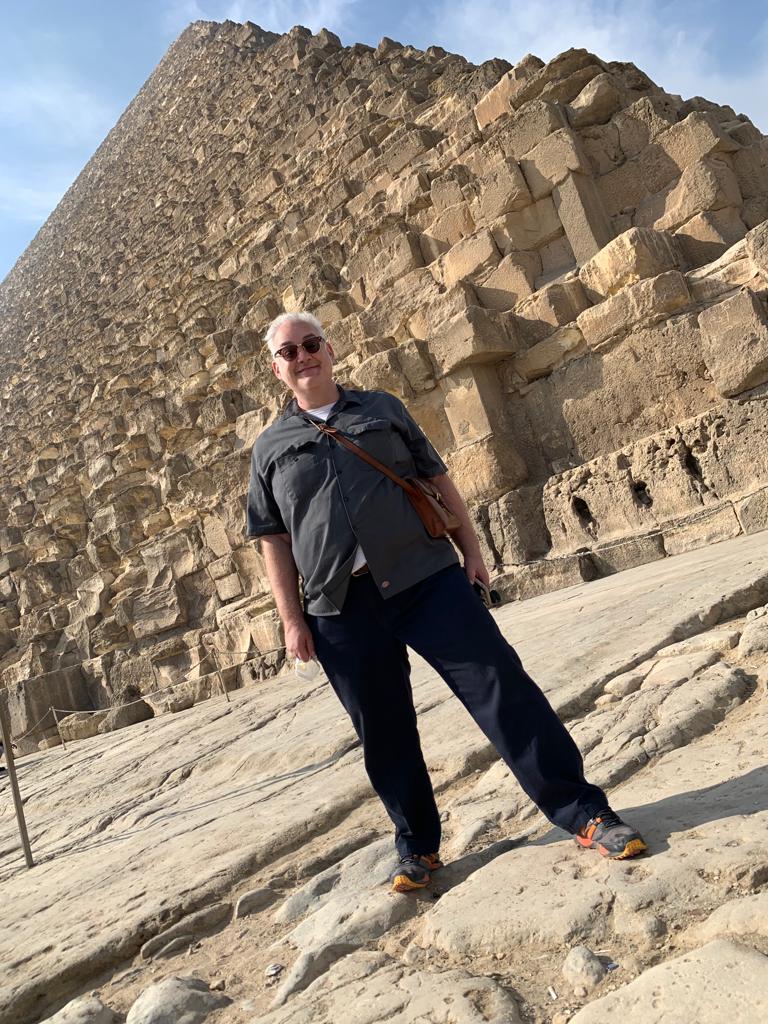
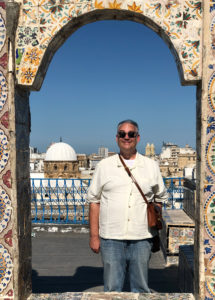
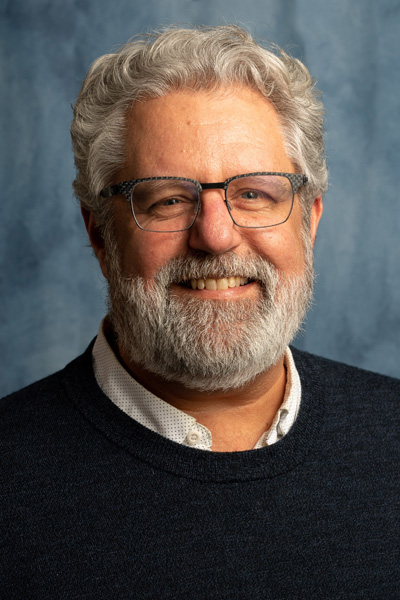

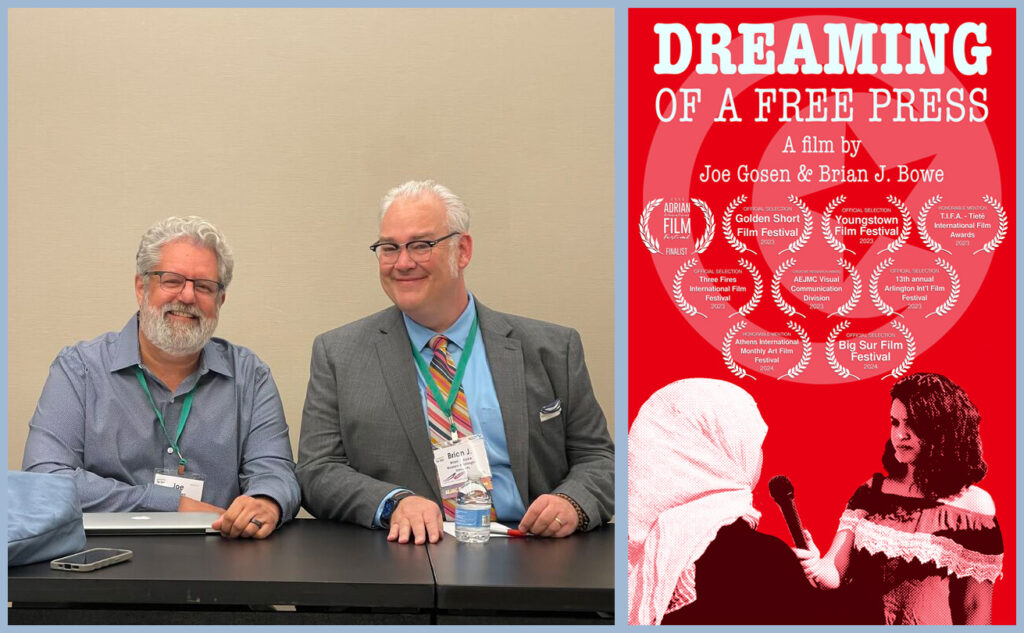

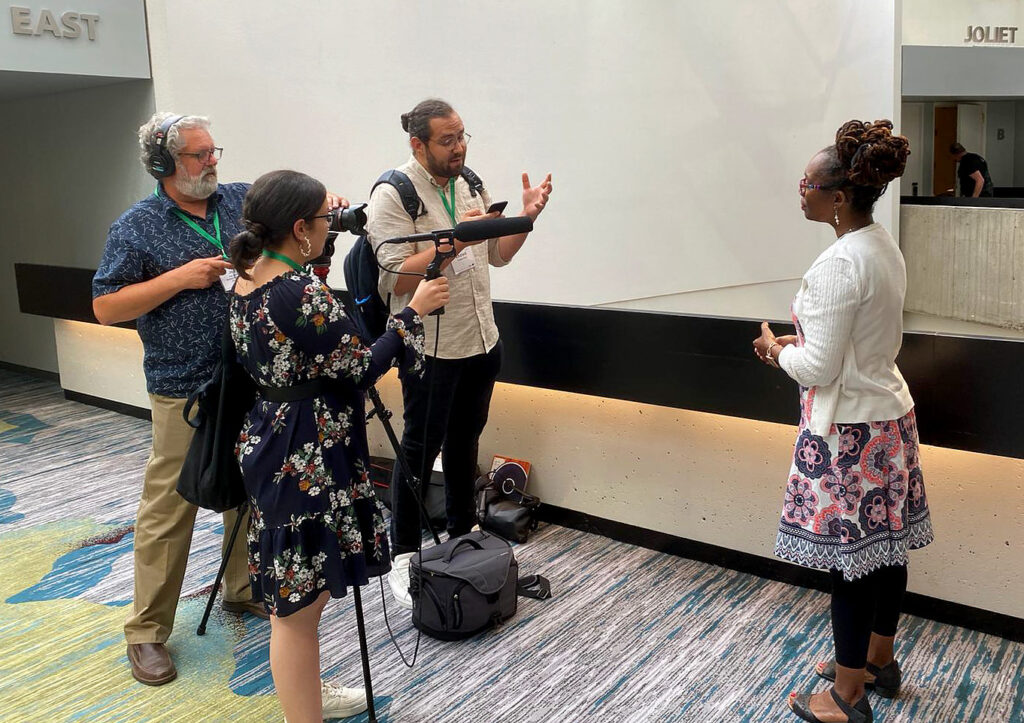
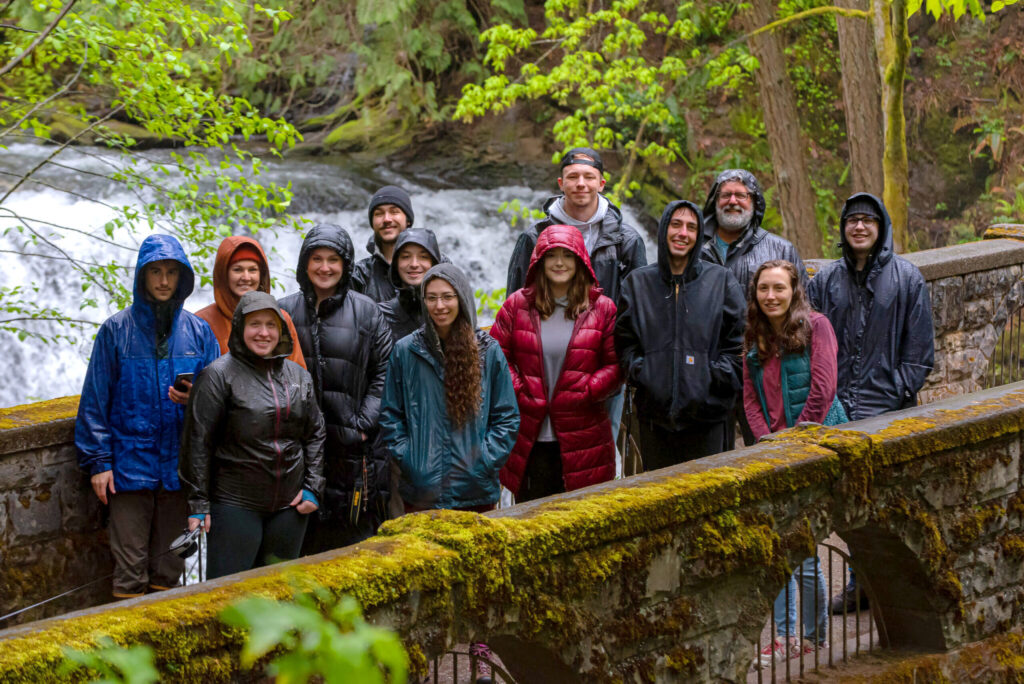
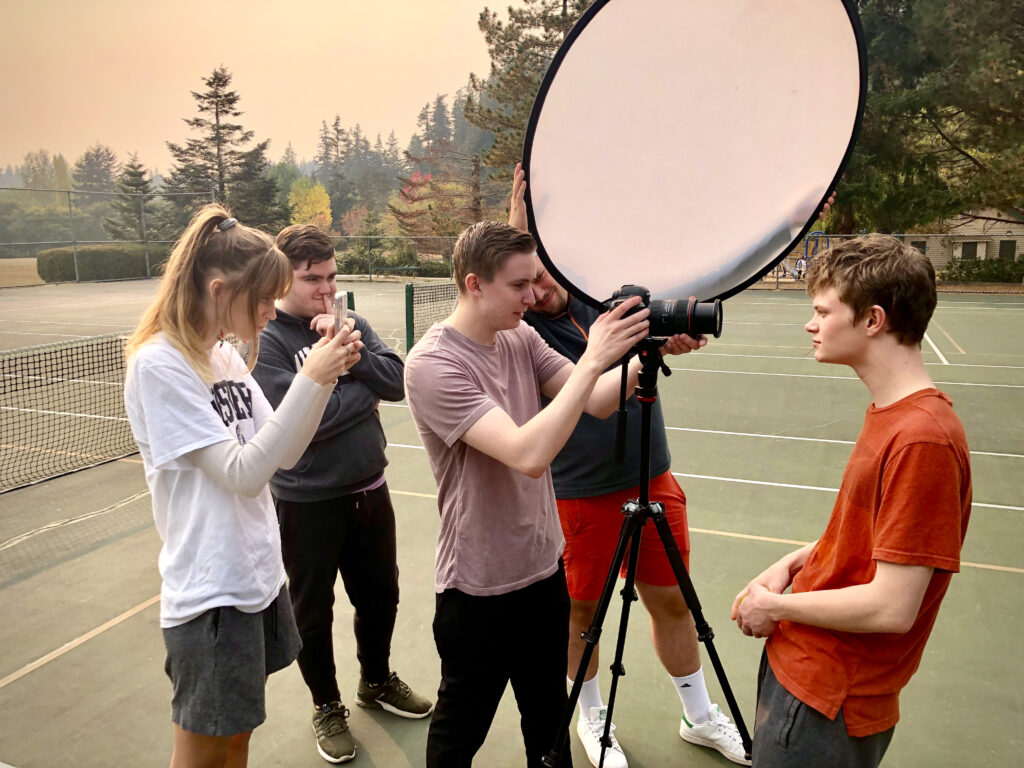
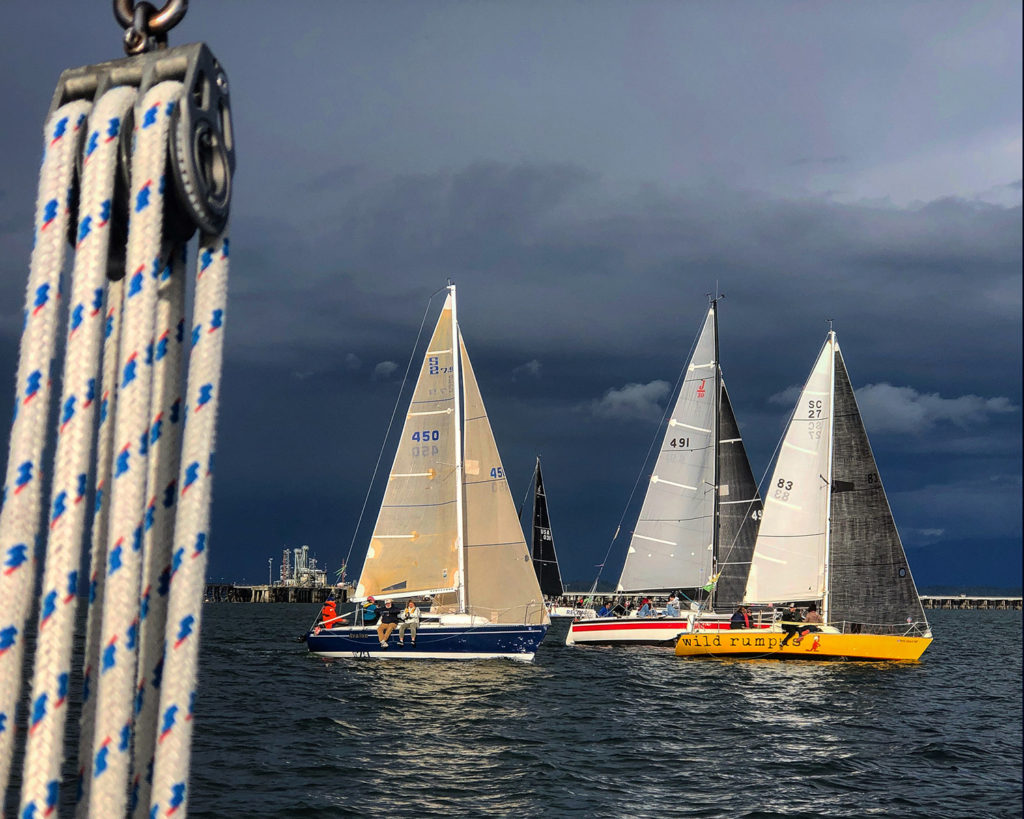
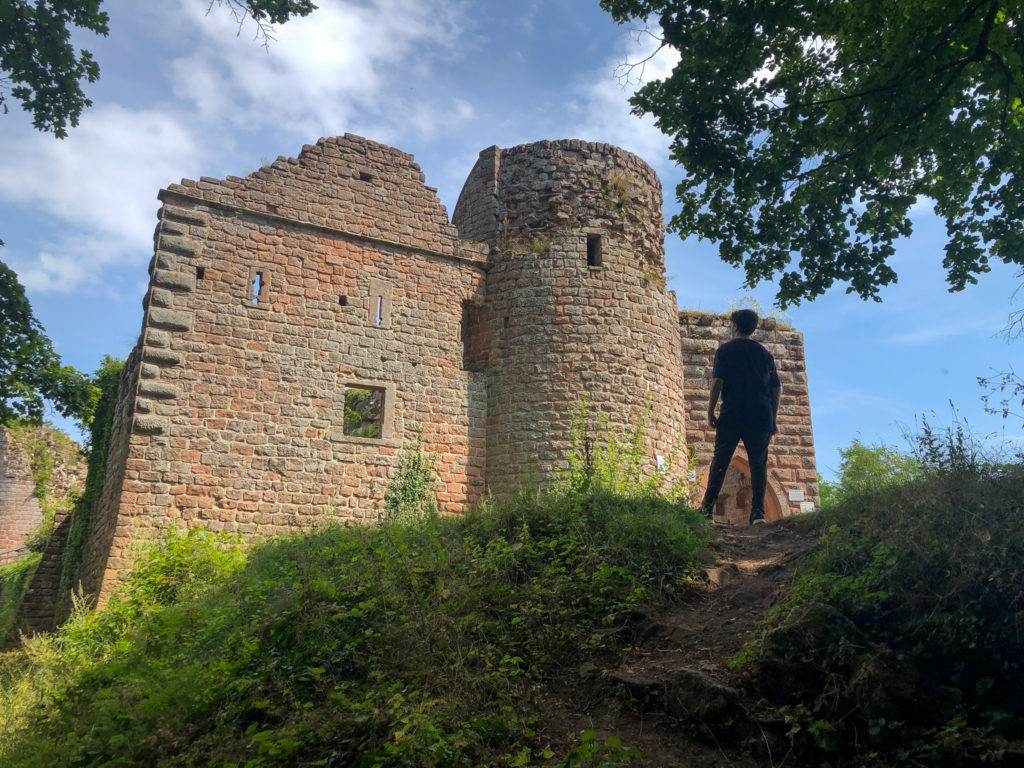
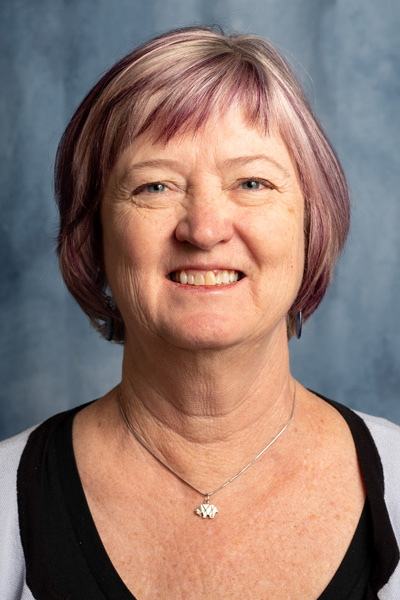
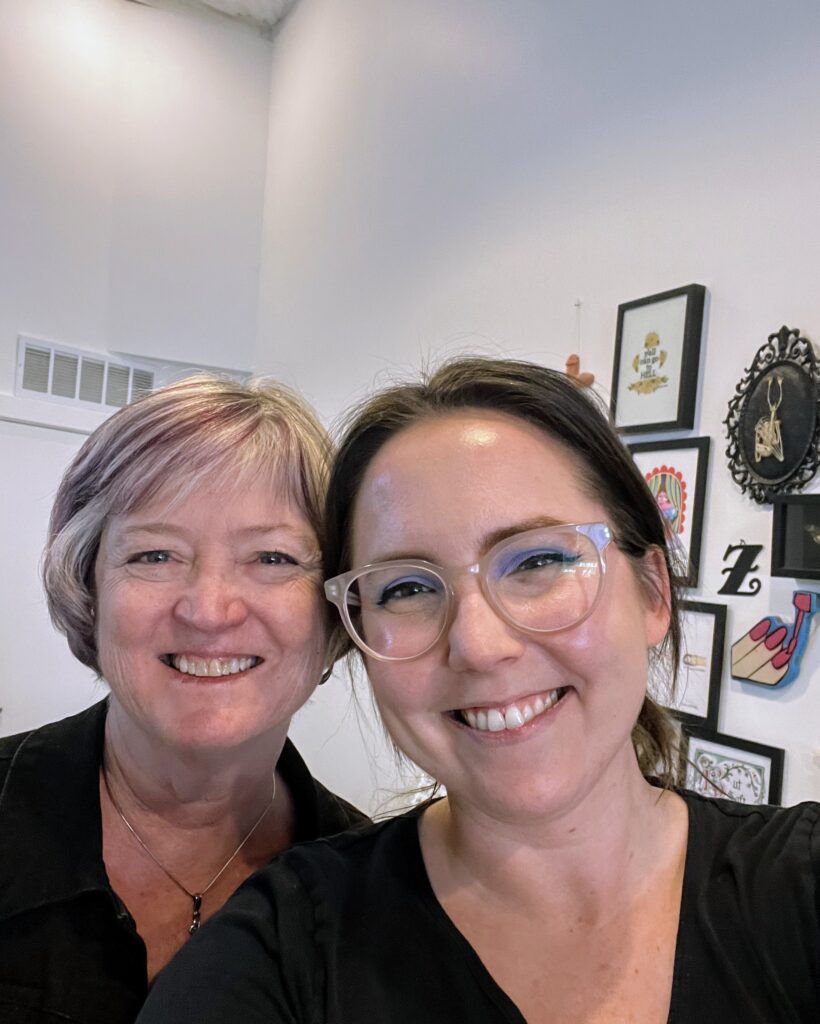
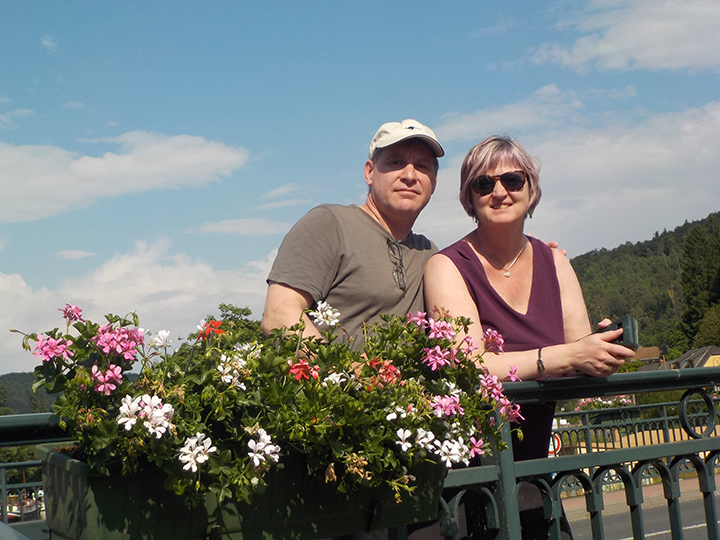
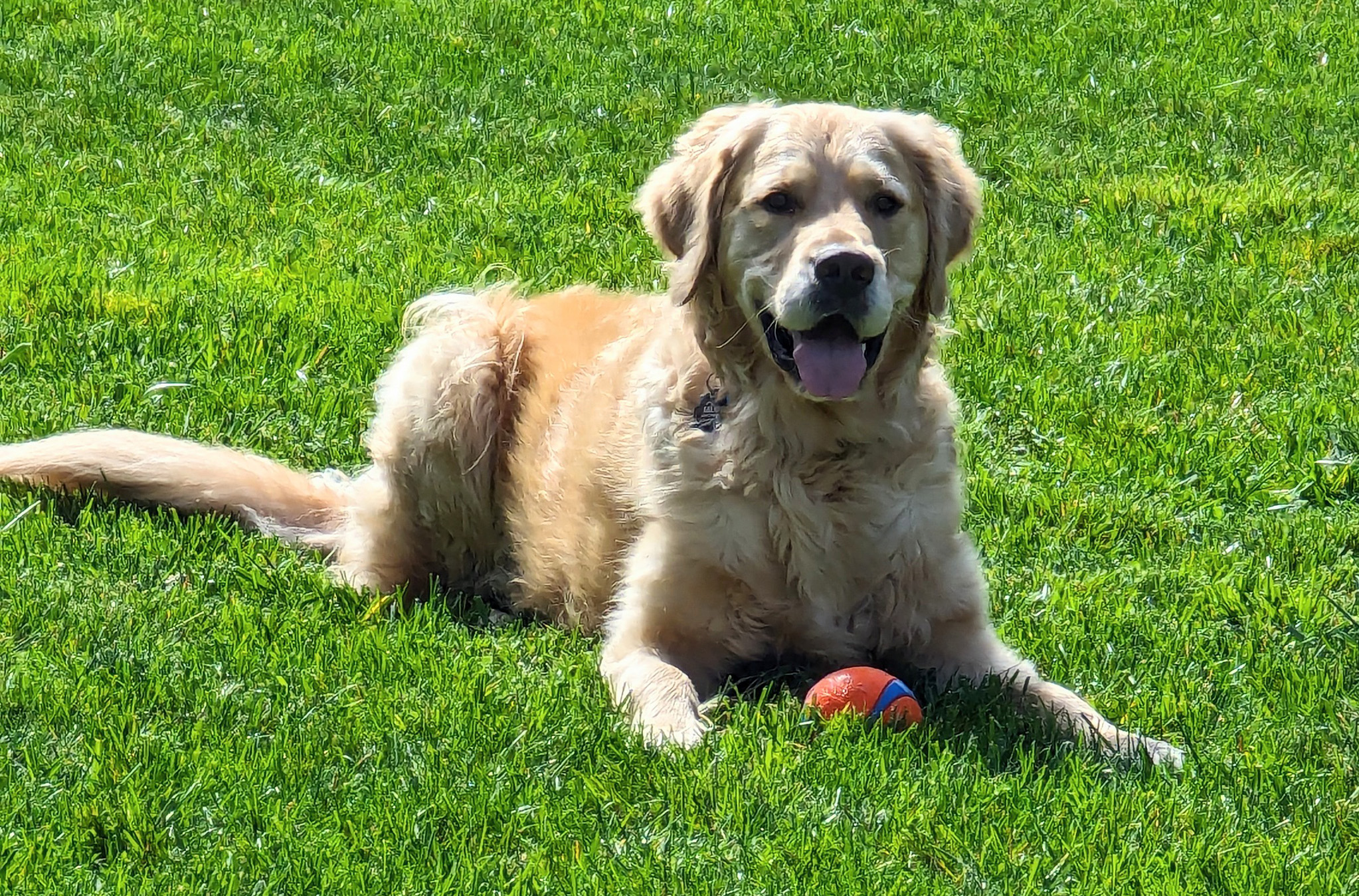
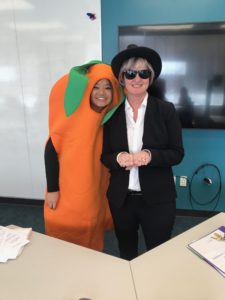
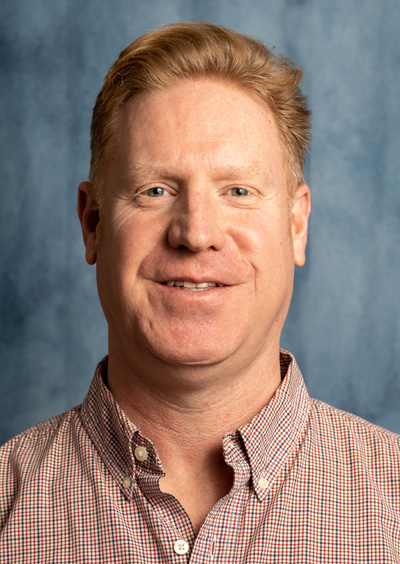
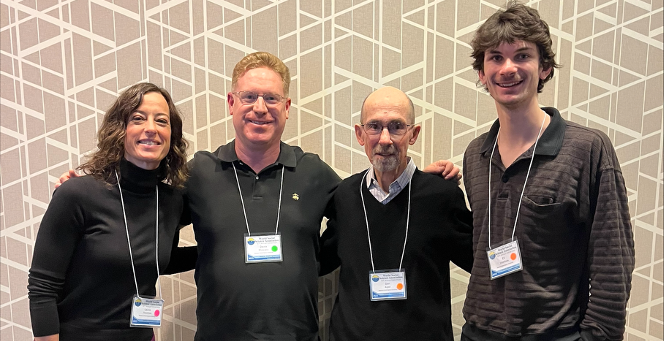
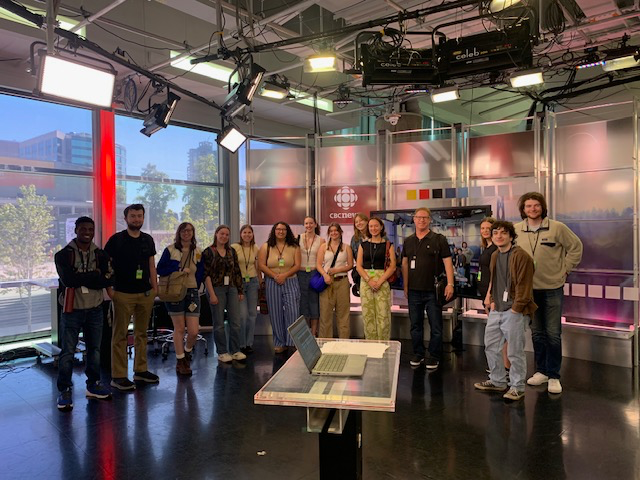
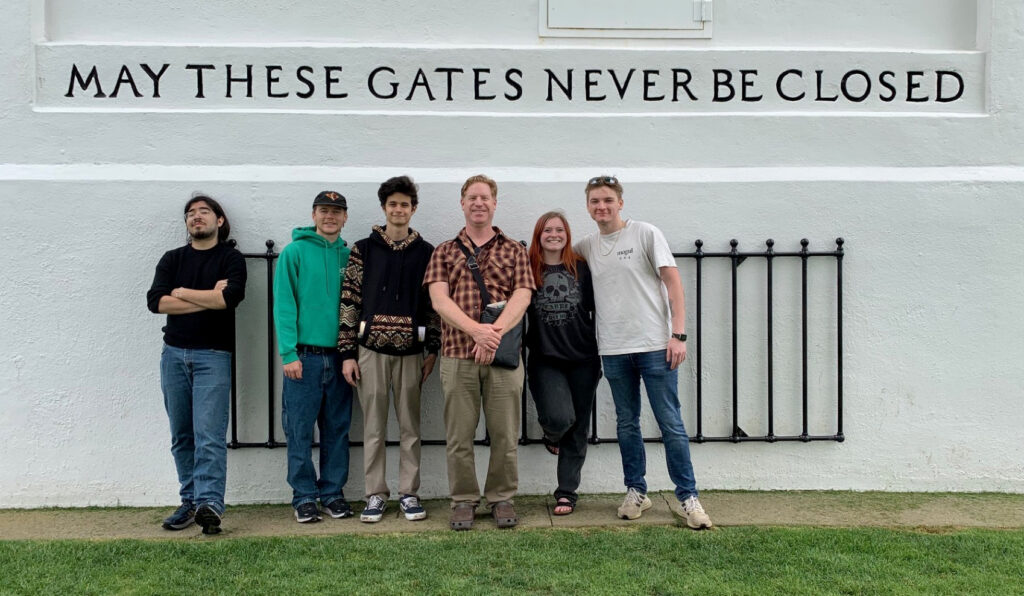
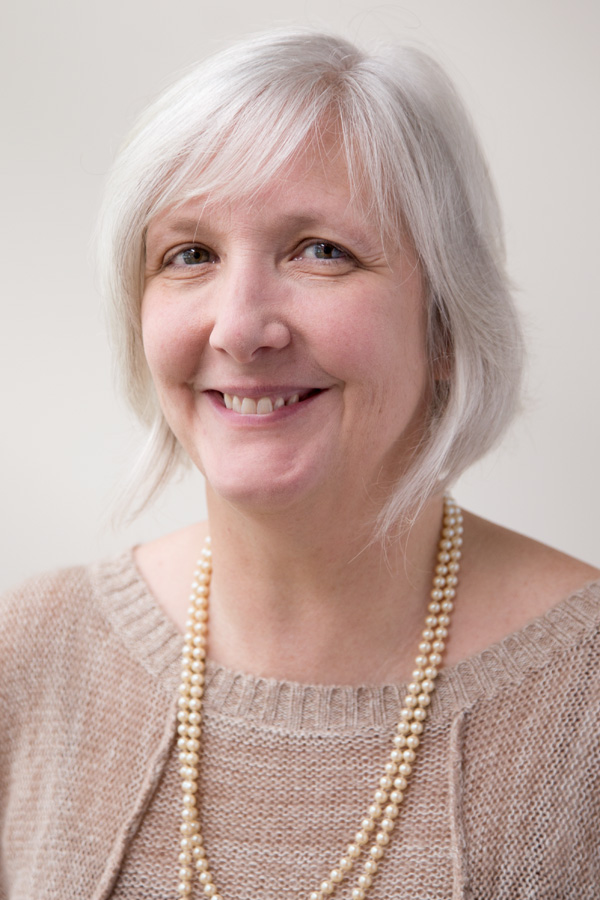
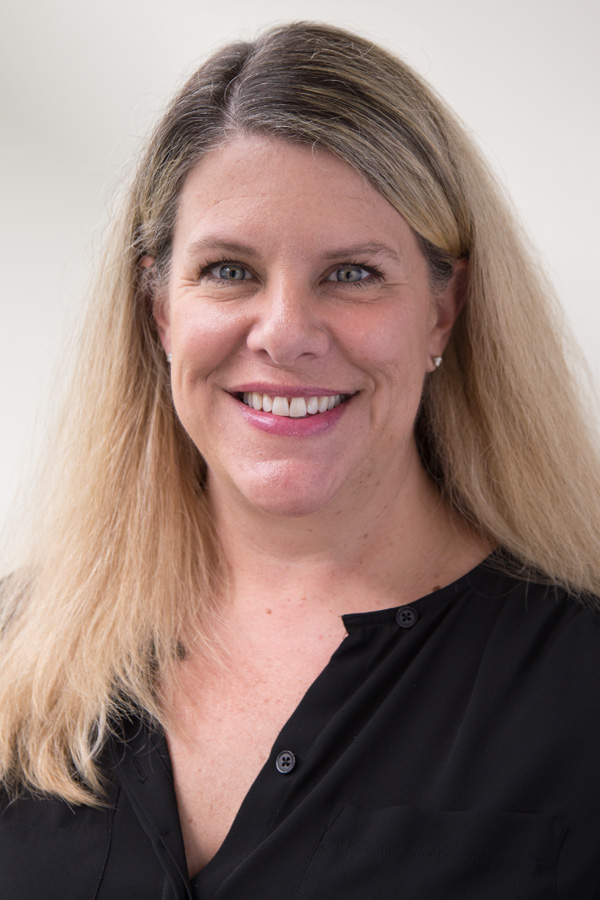
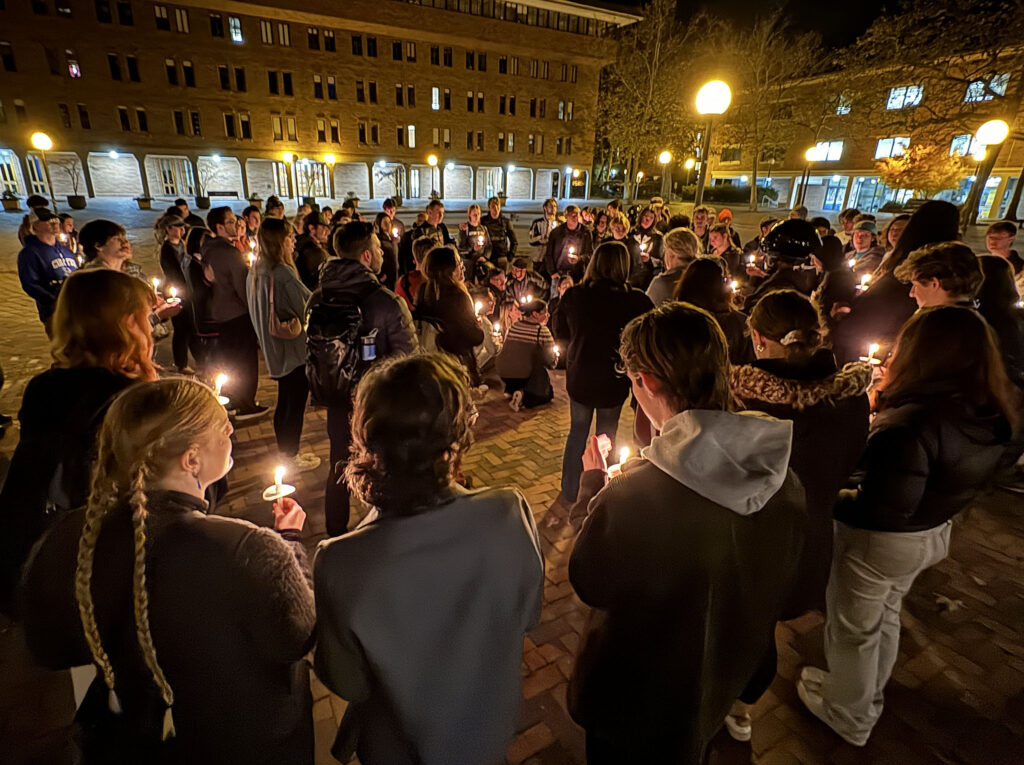
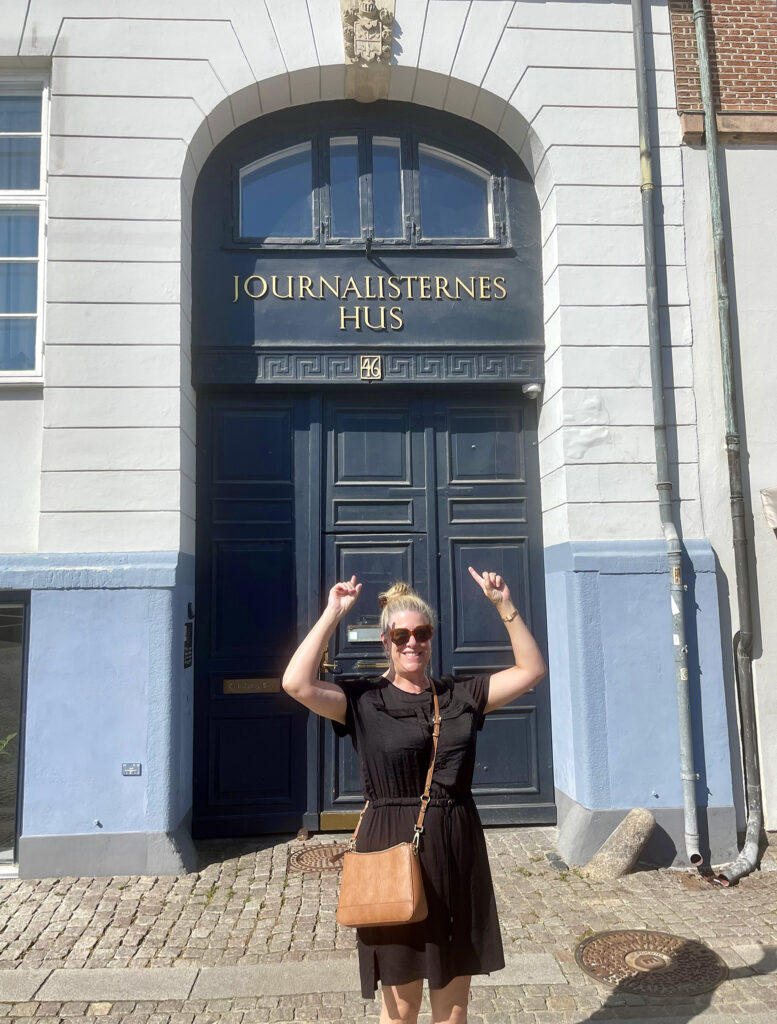
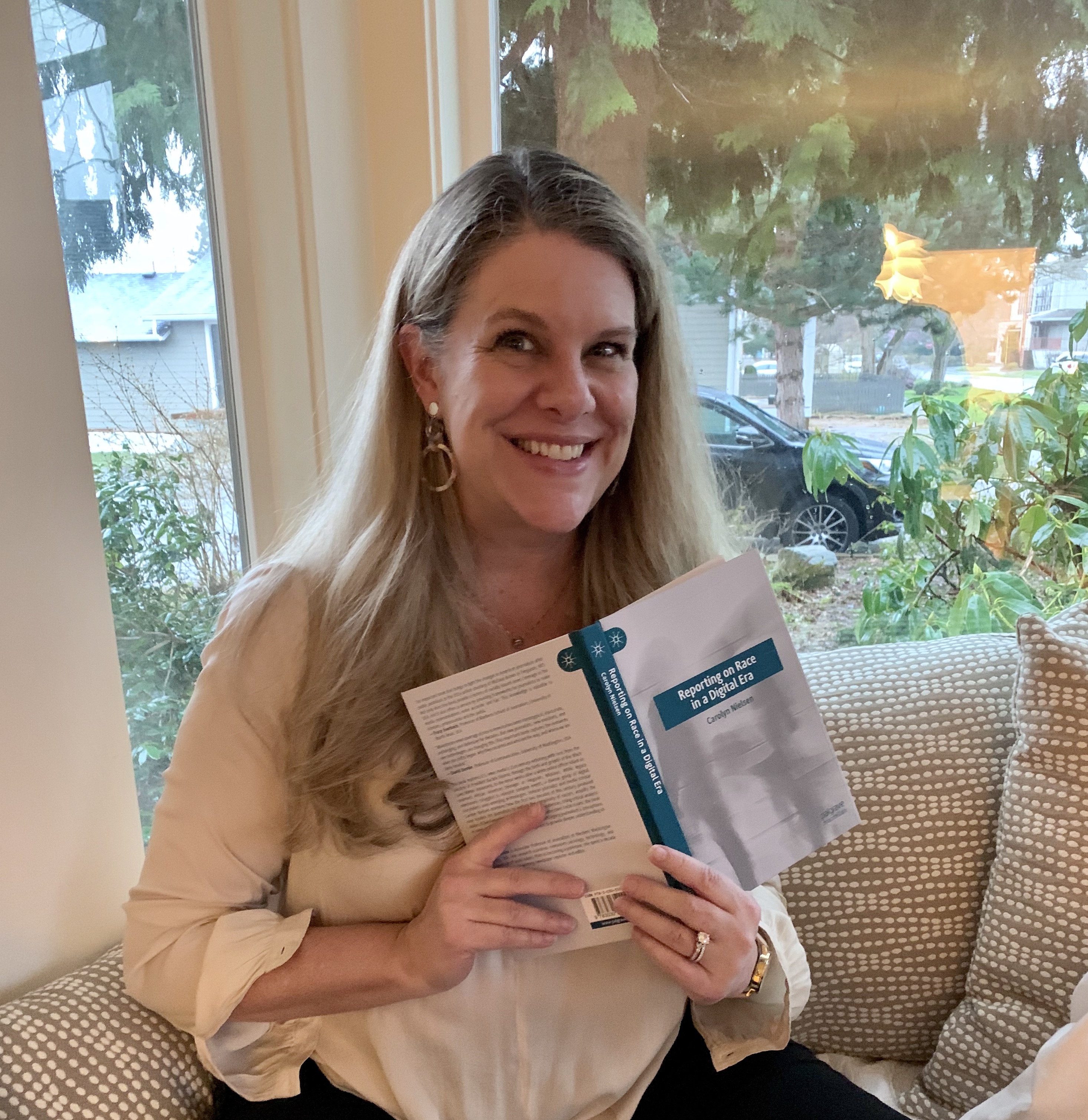
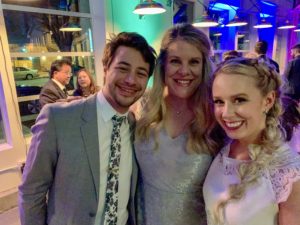
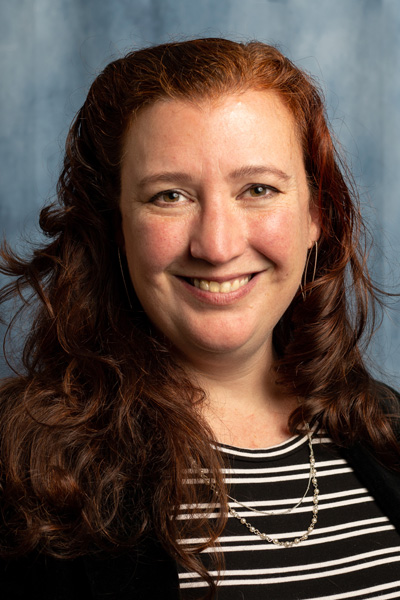
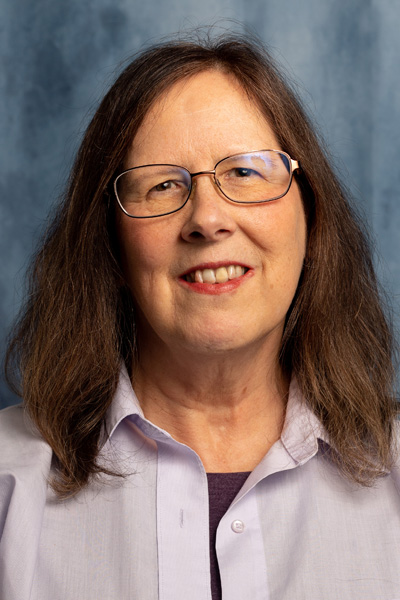
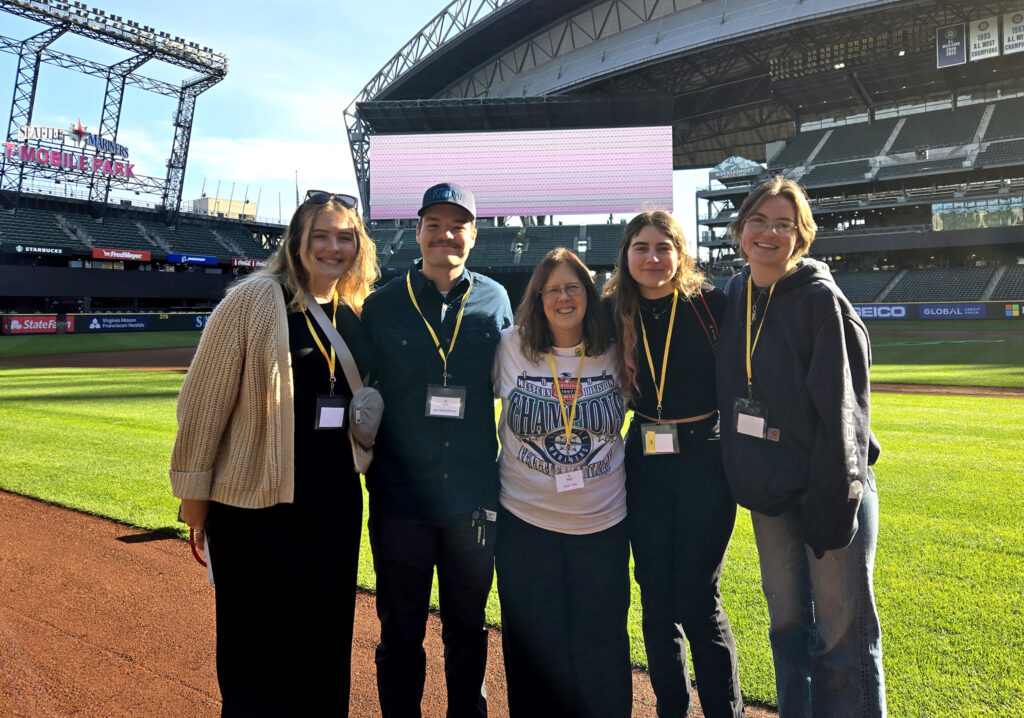
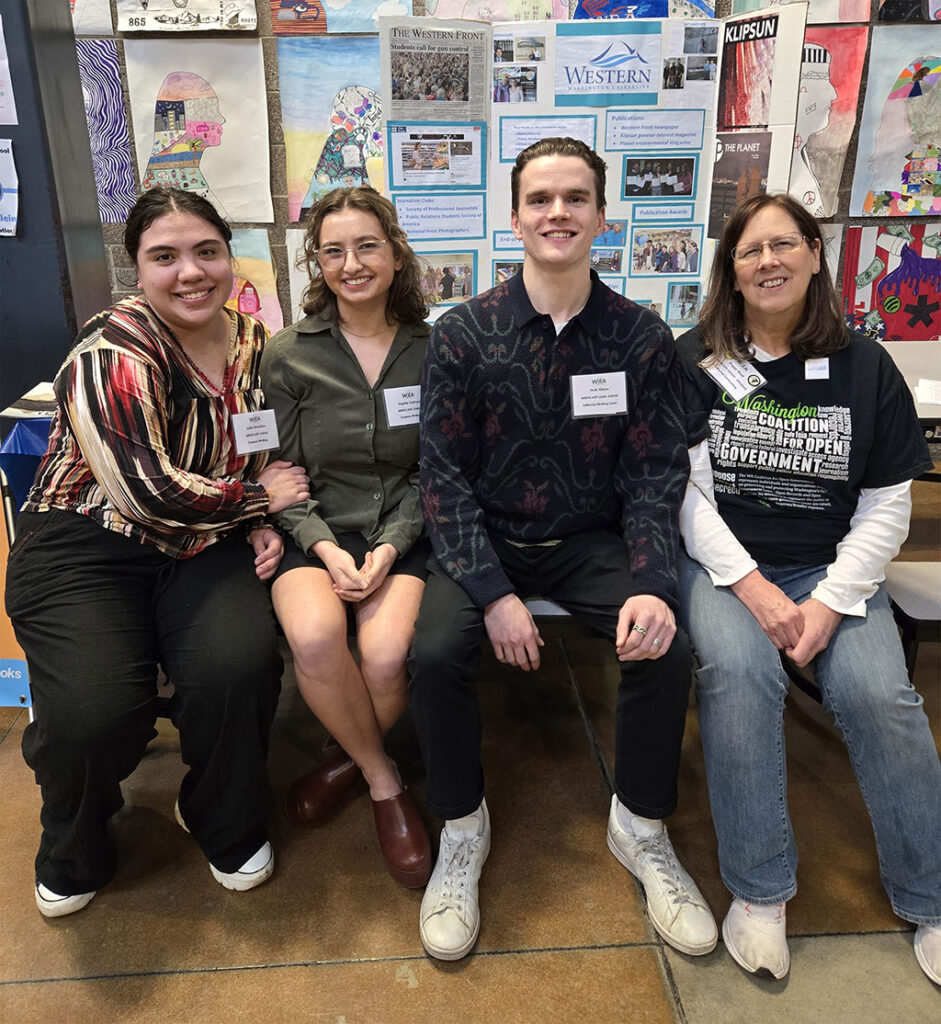
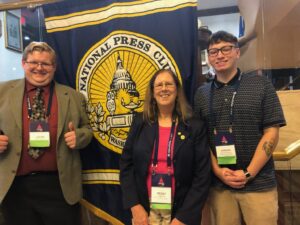
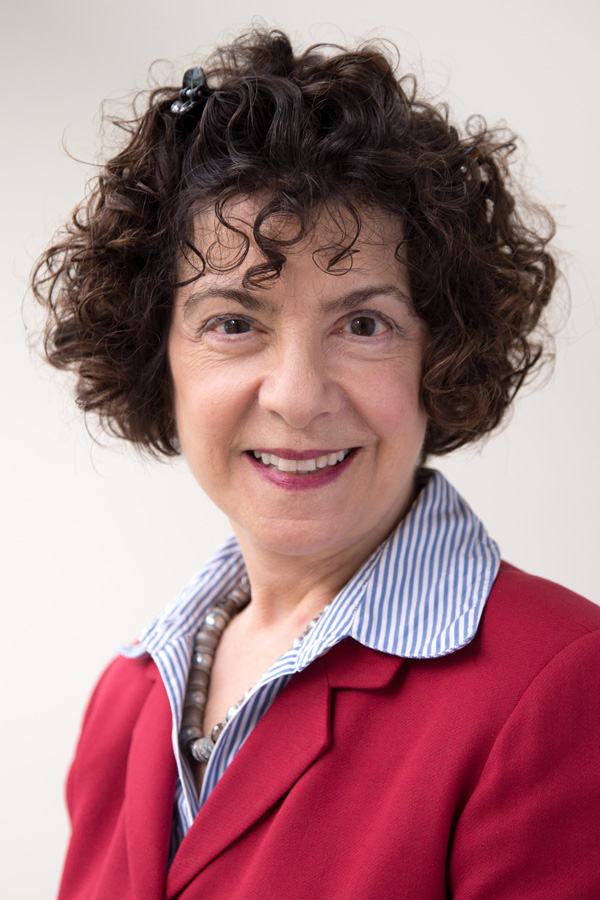
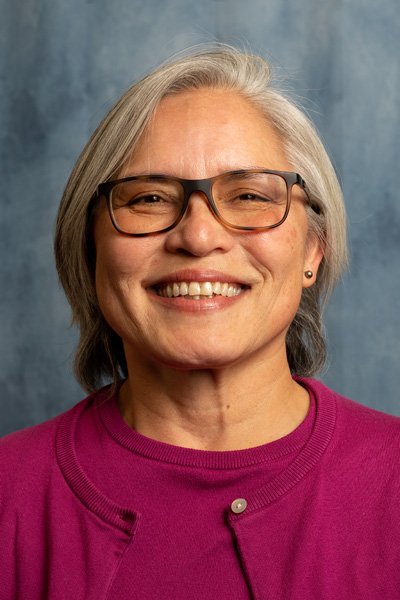
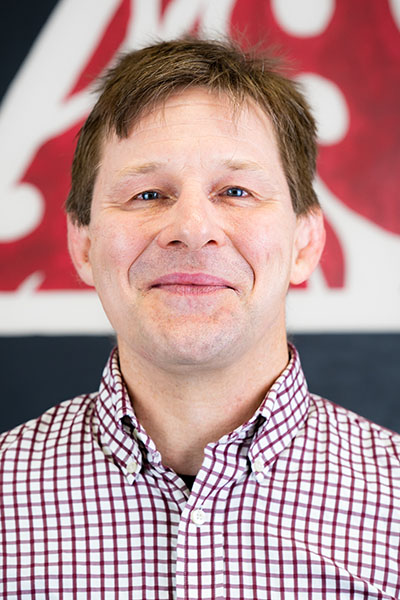
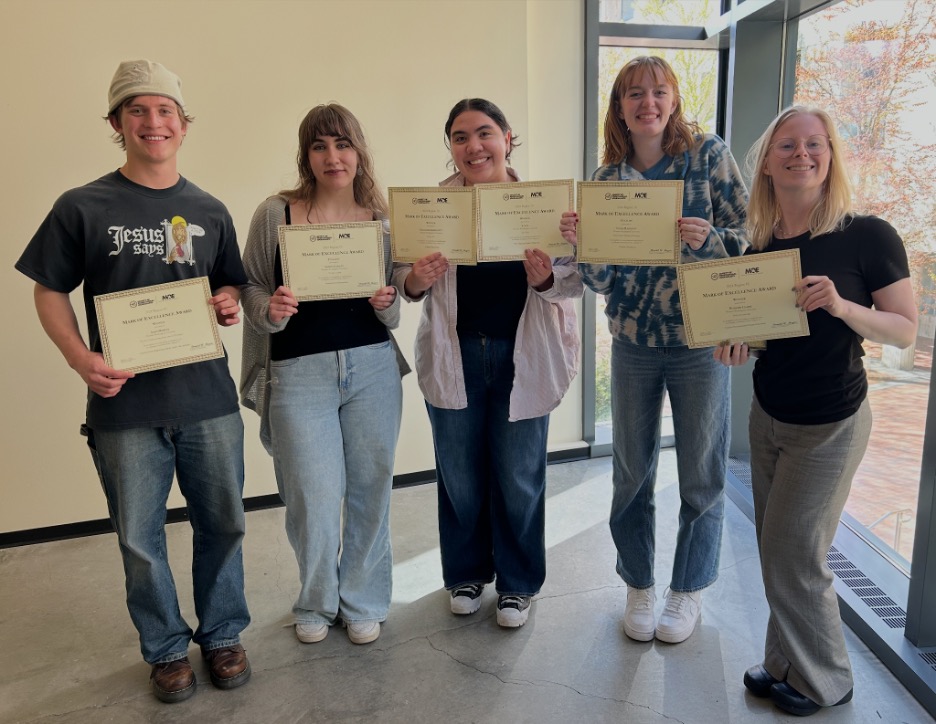
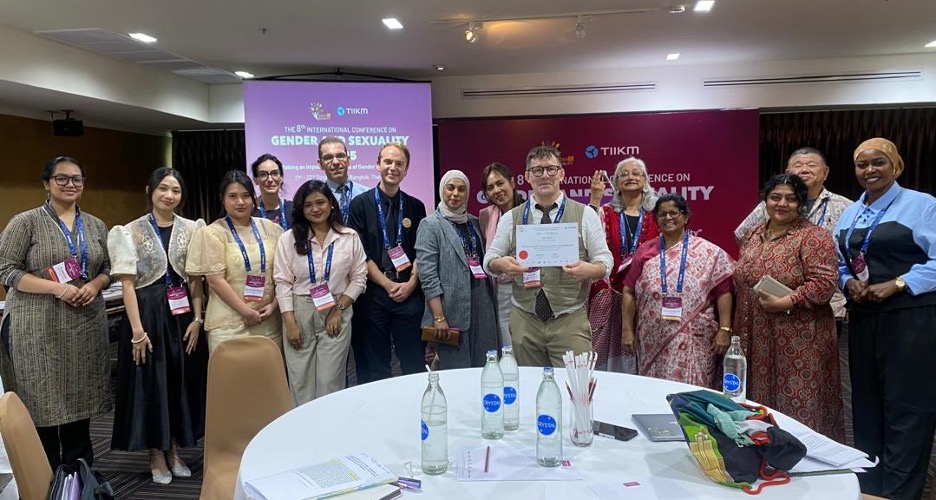
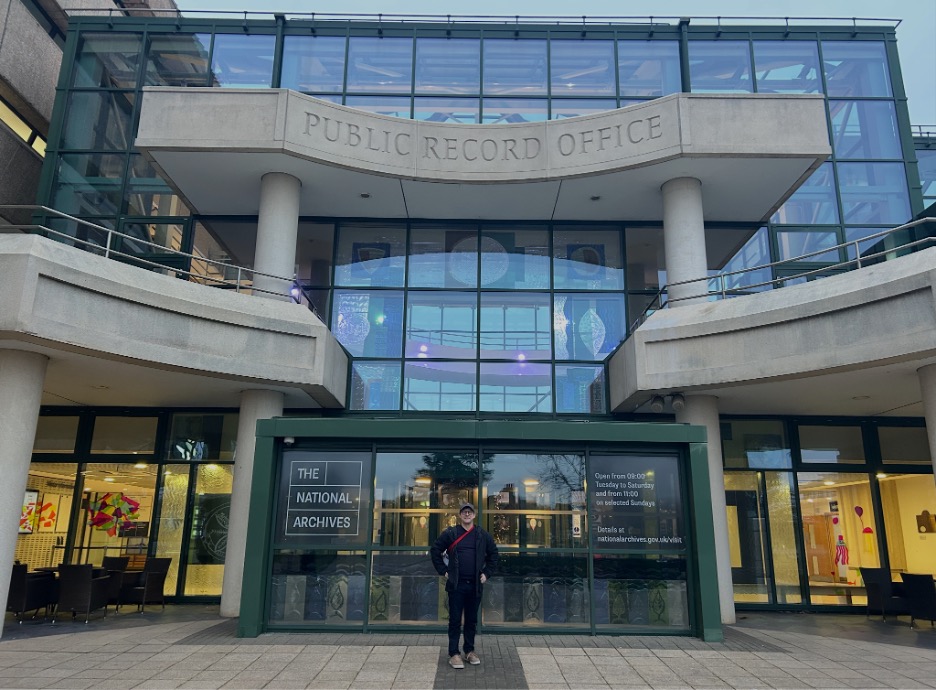
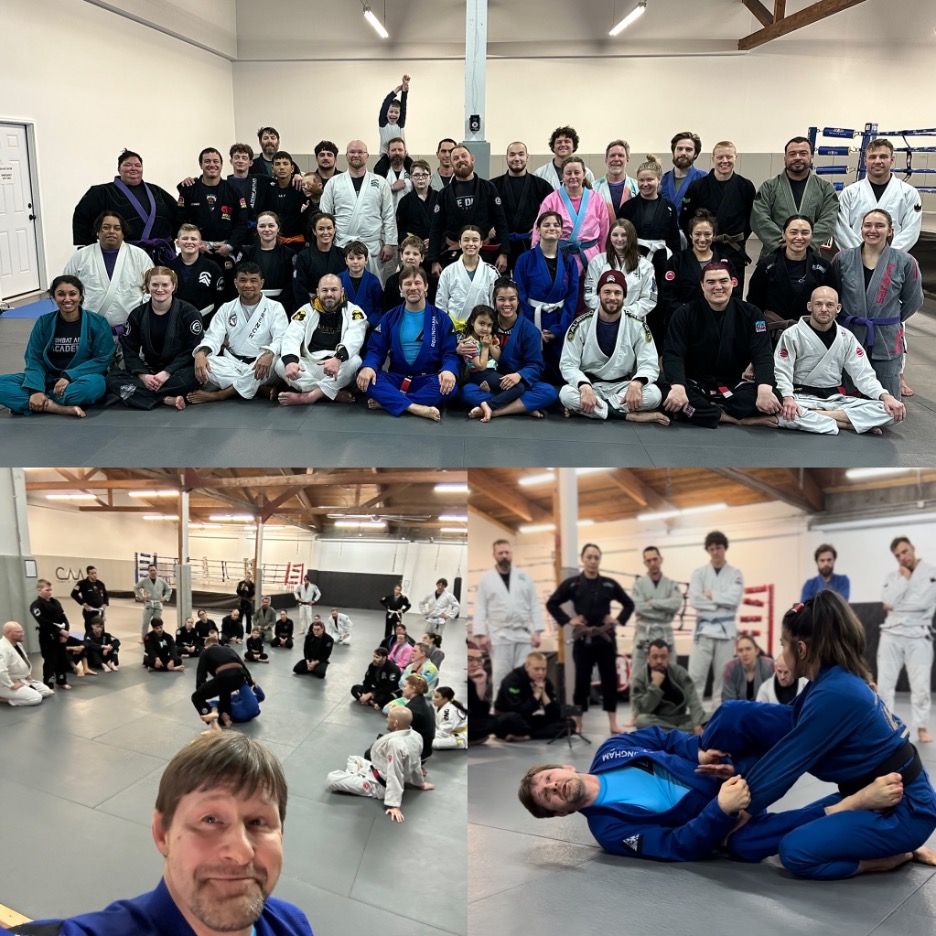
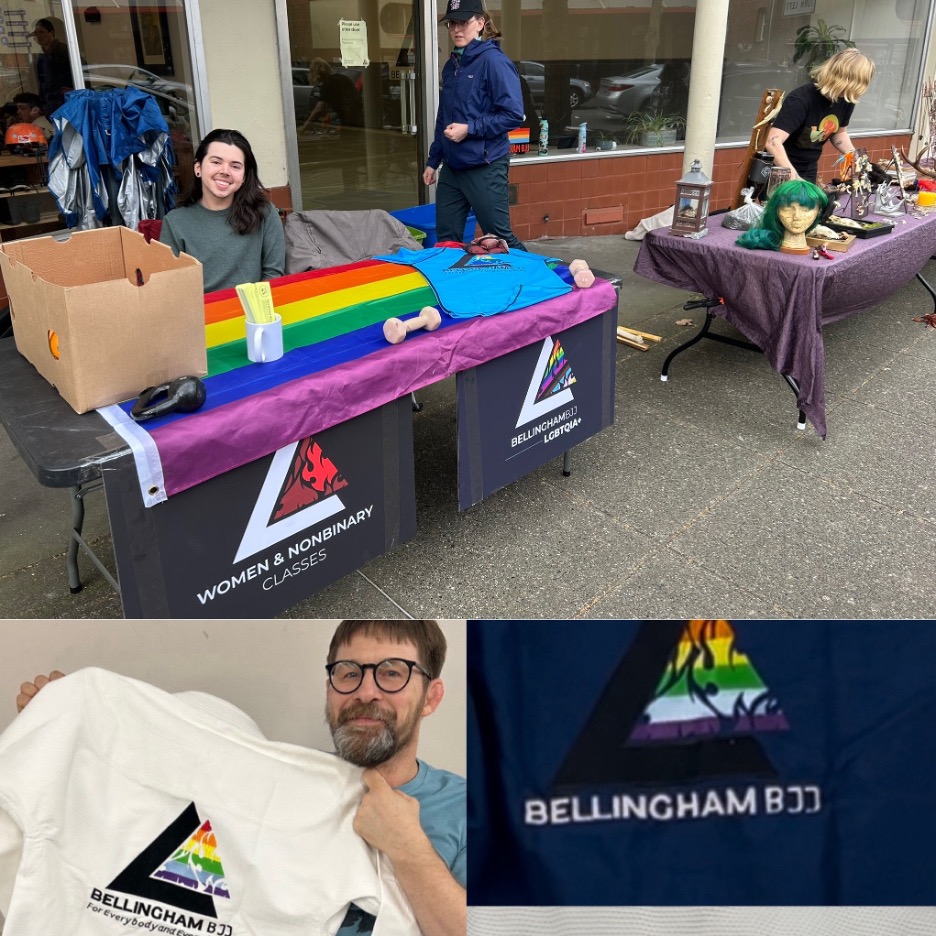
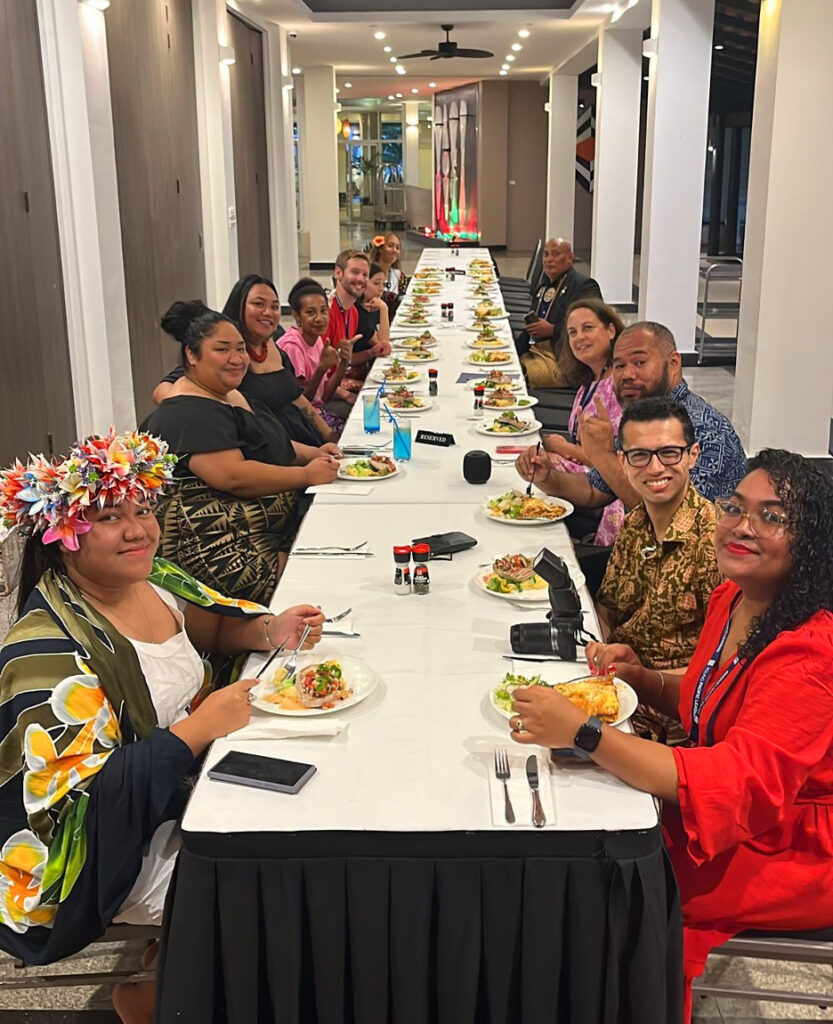
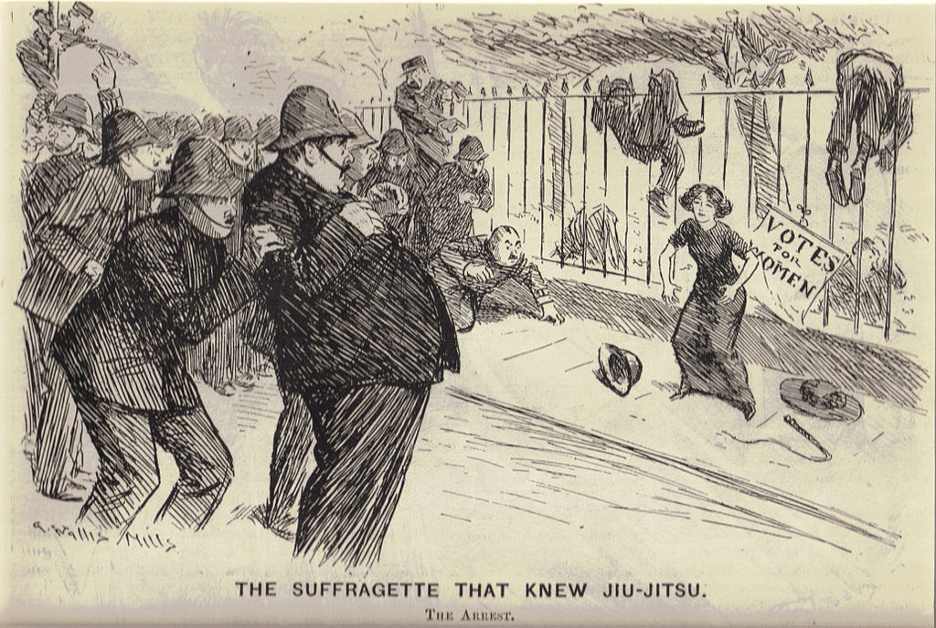
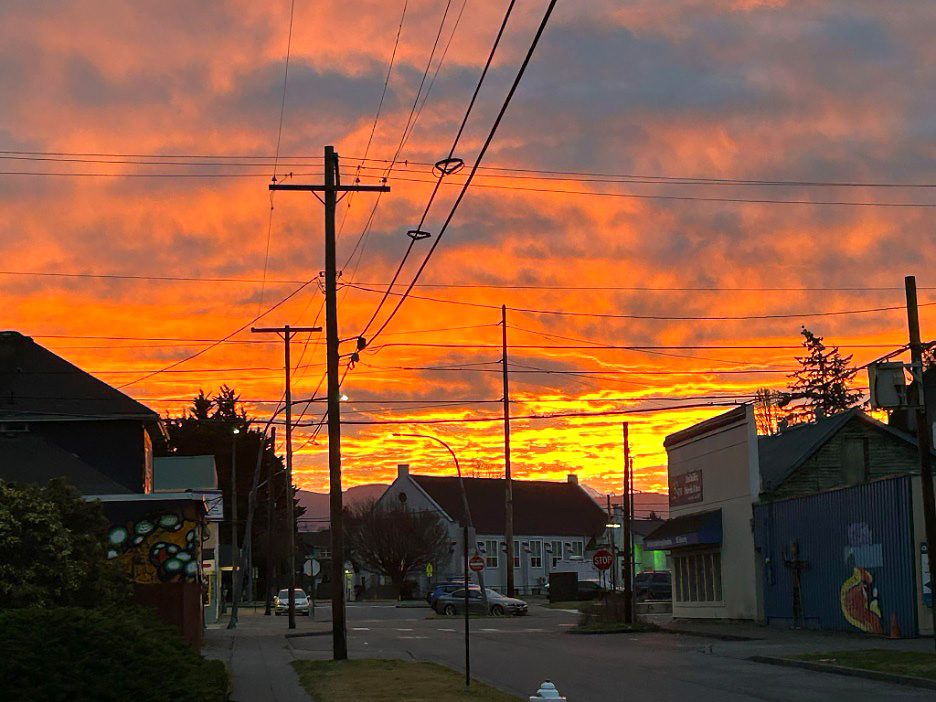
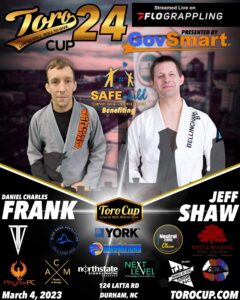
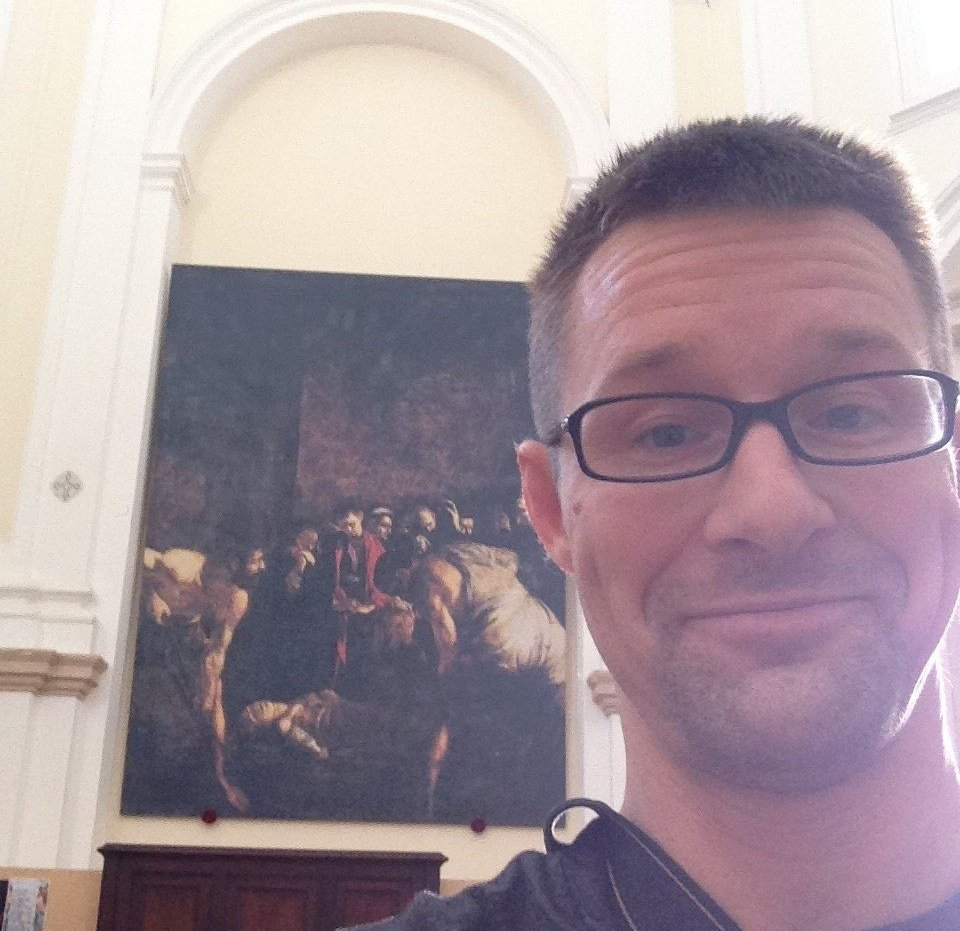
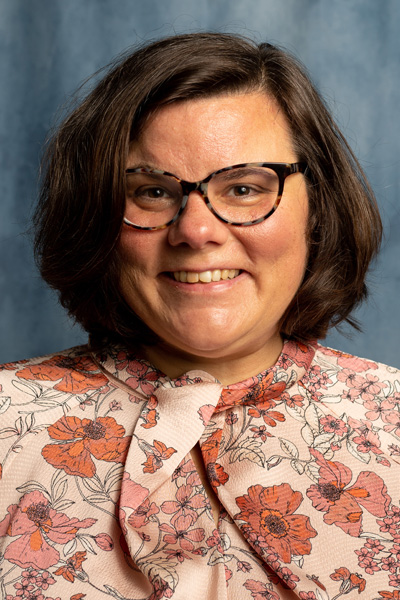
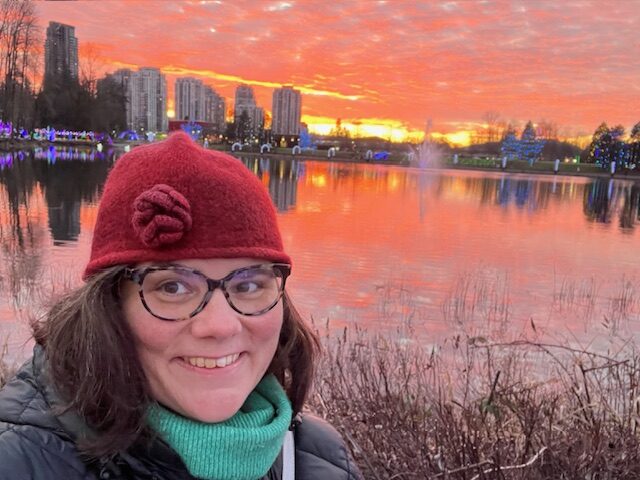
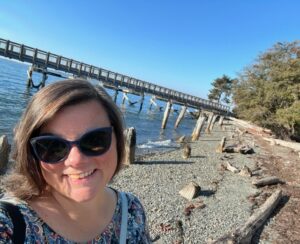
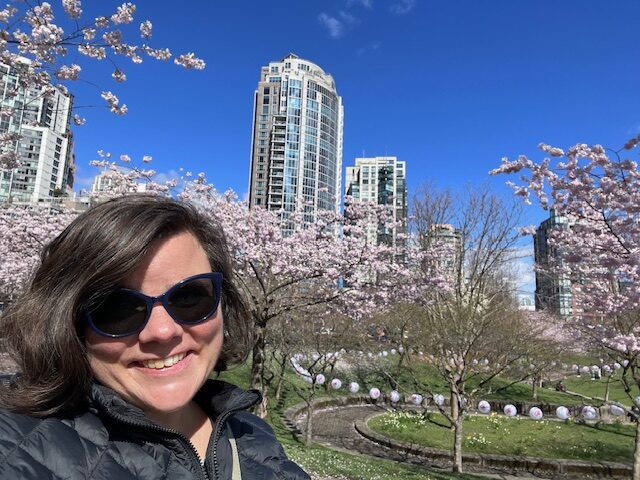
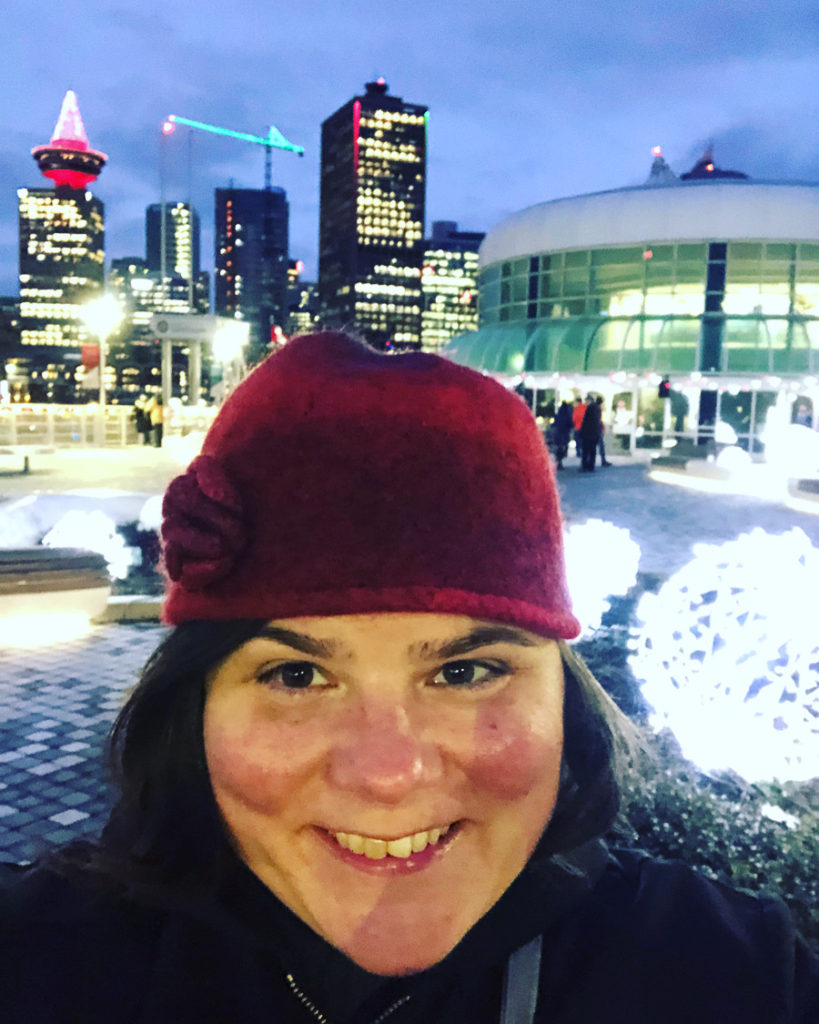
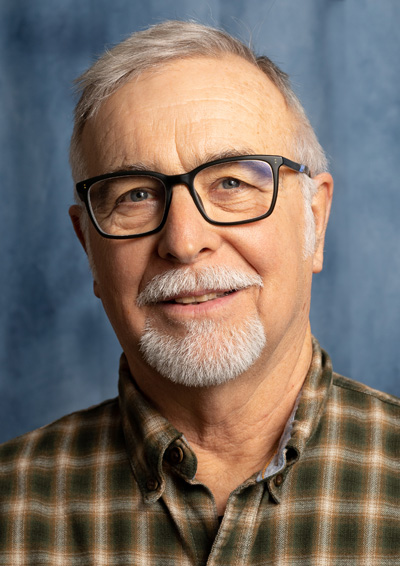
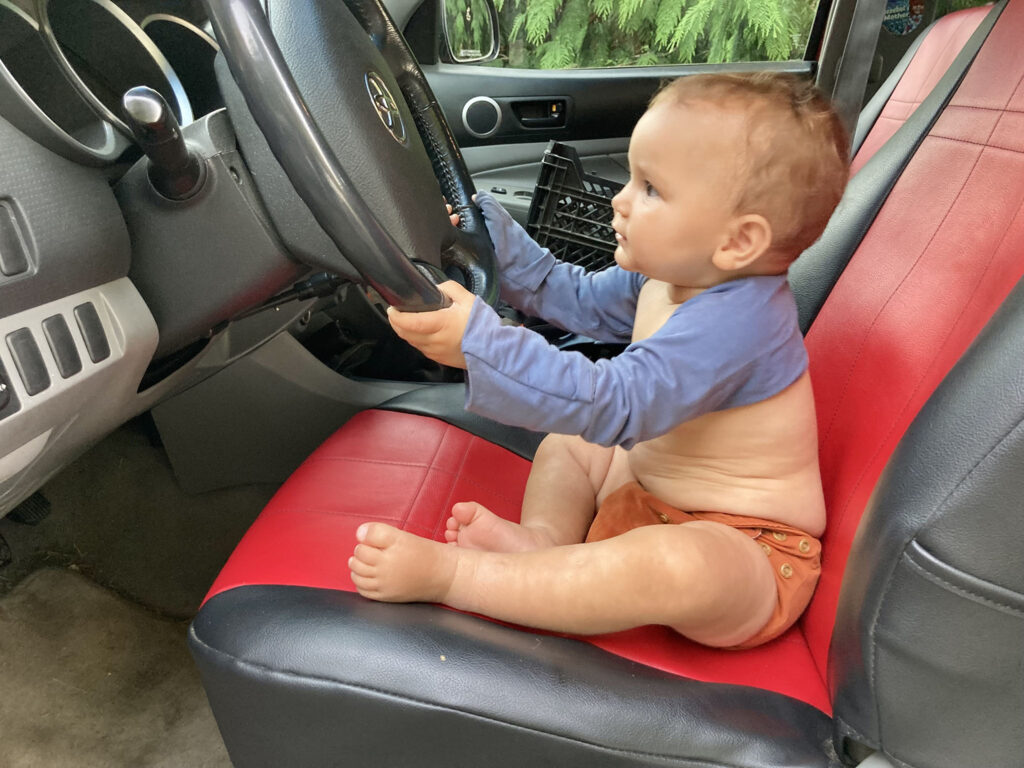
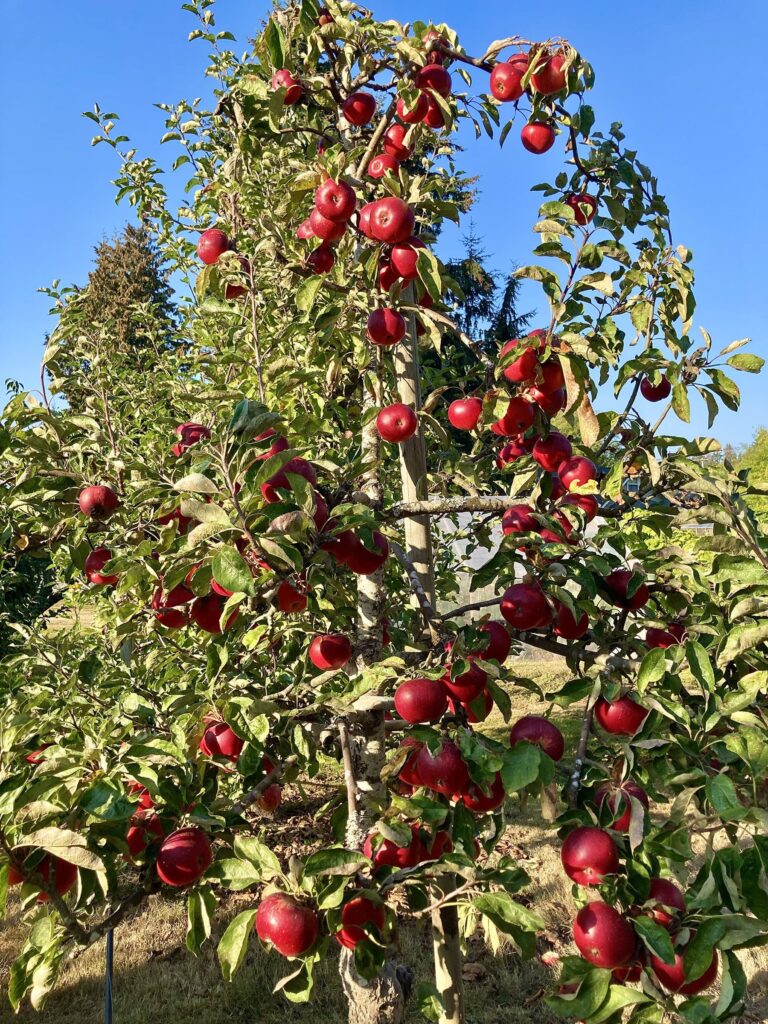
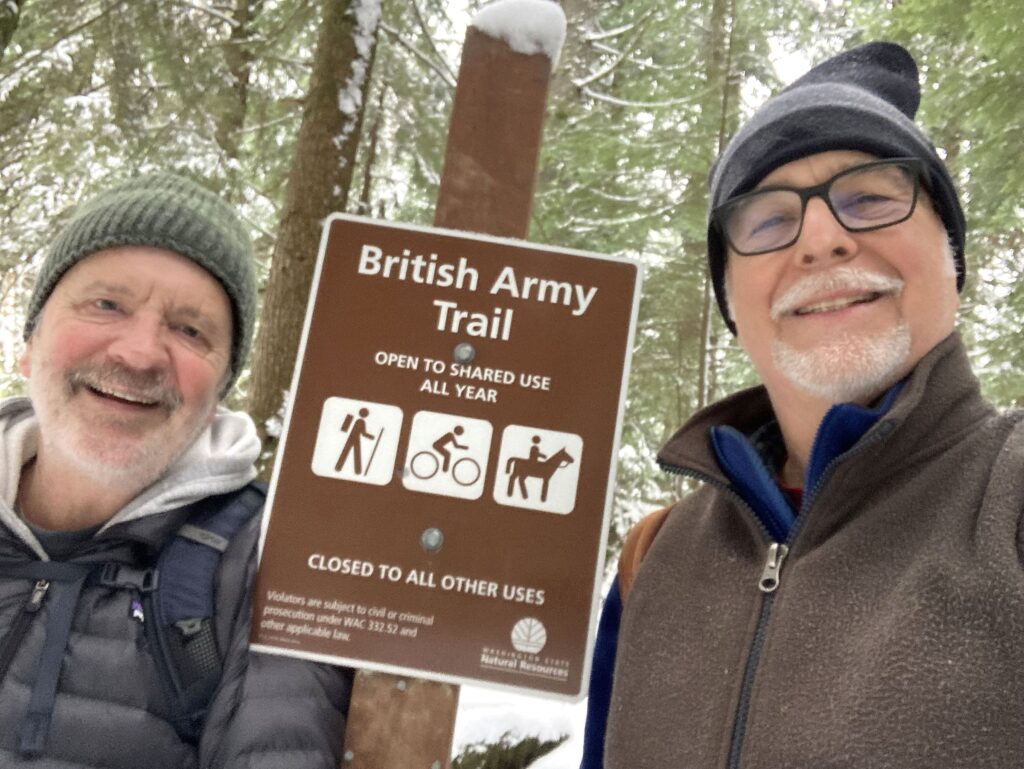
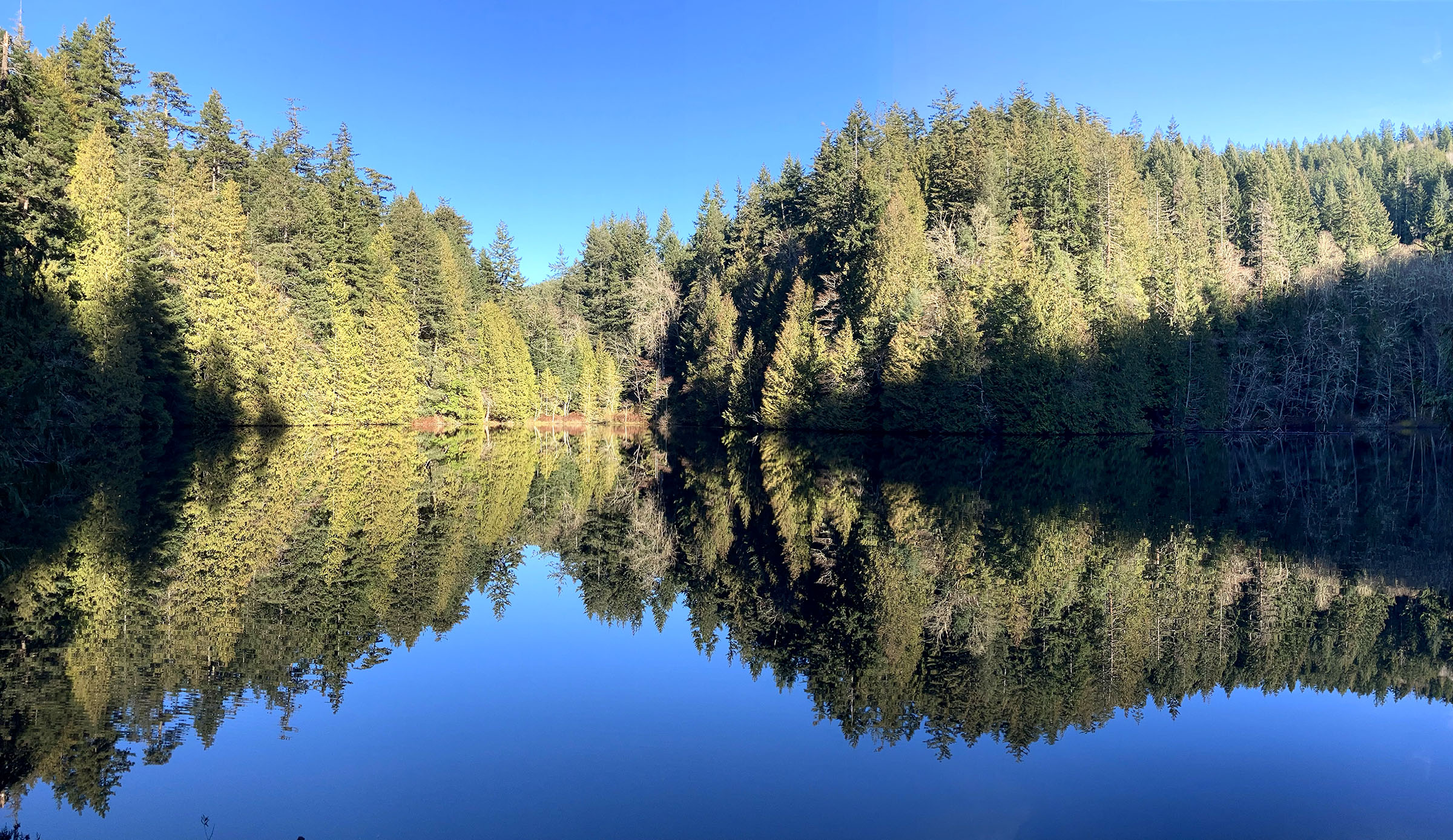
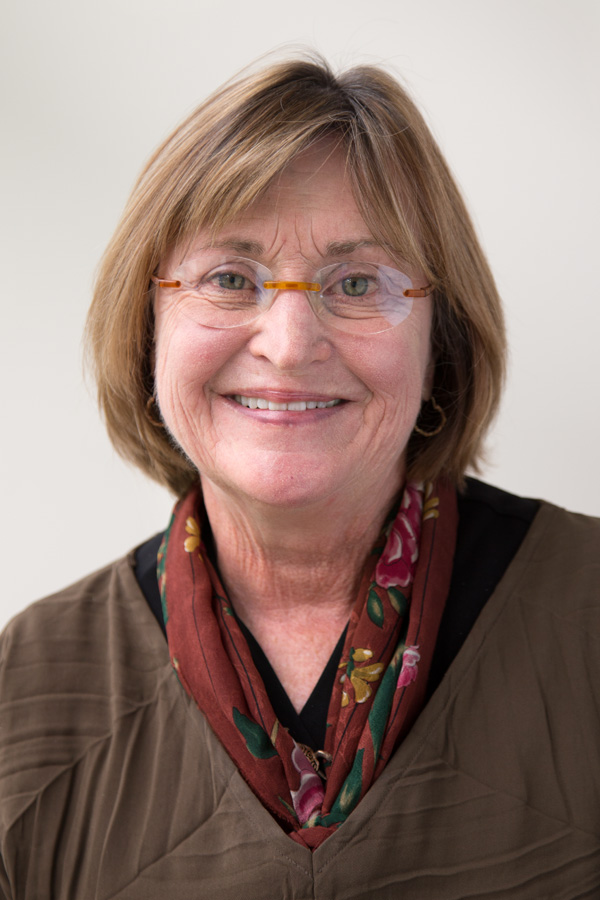
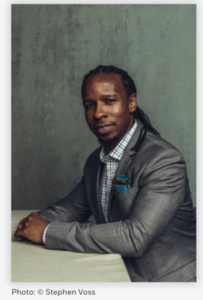 More that 800 participants — including most of my Mass Media Ethics class — engaged in a one-on-one of sorts over Zoom with Kendi, who is the Mellon Professor in the Humanities at Boston University and winner of a 2021 MacArthur Genius award. Kendi’s book, ”
More that 800 participants — including most of my Mass Media Ethics class — engaged in a one-on-one of sorts over Zoom with Kendi, who is the Mellon Professor in the Humanities at Boston University and winner of a 2021 MacArthur Genius award. Kendi’s book, ”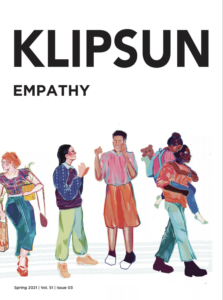
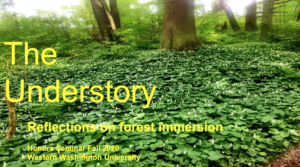 No sane person could say that they’ve actually enjoyed the altered universe of remote learning we’ve inhabited for more than a year now. But for all the heartache of COVID-19 has brought us – grief and sickness, isolation, lost jobs, derailed dreams –
No sane person could say that they’ve actually enjoyed the altered universe of remote learning we’ve inhabited for more than a year now. But for all the heartache of COVID-19 has brought us – grief and sickness, isolation, lost jobs, derailed dreams –